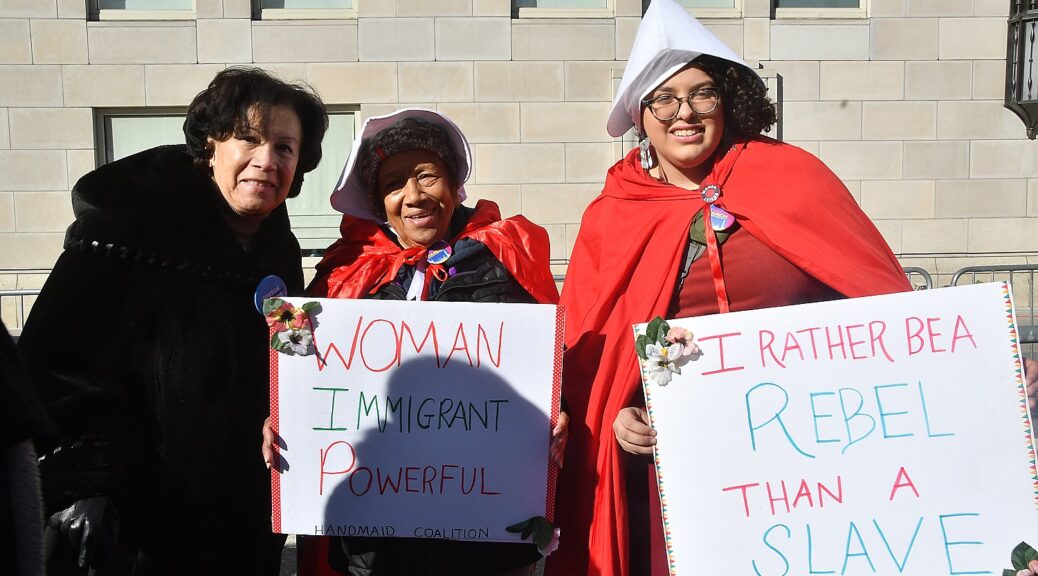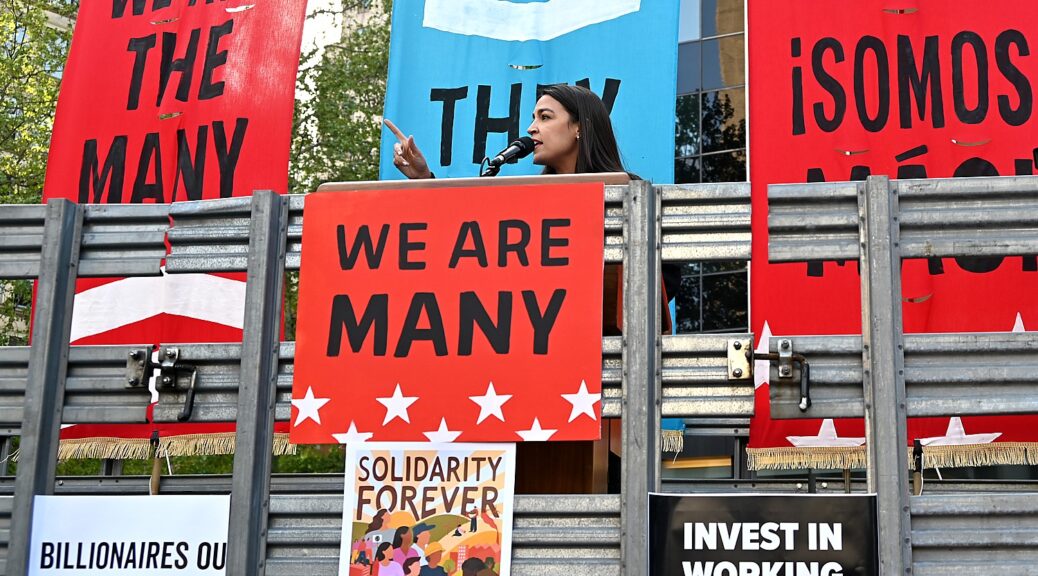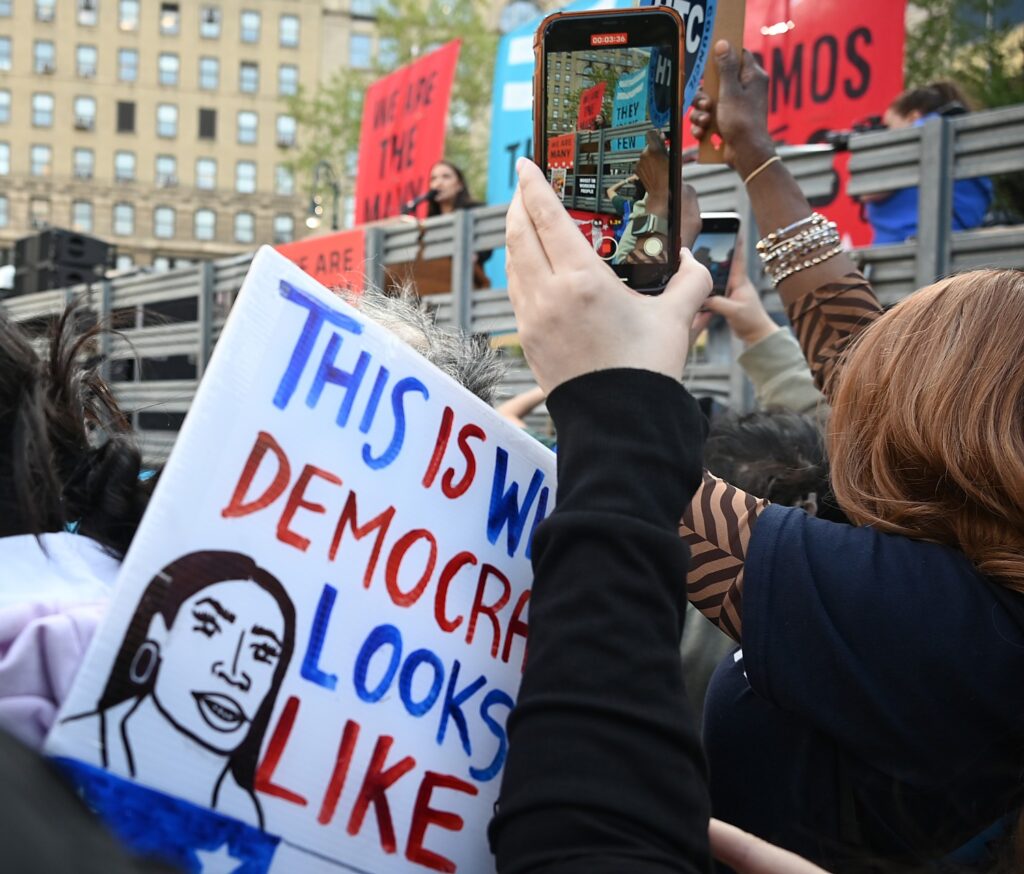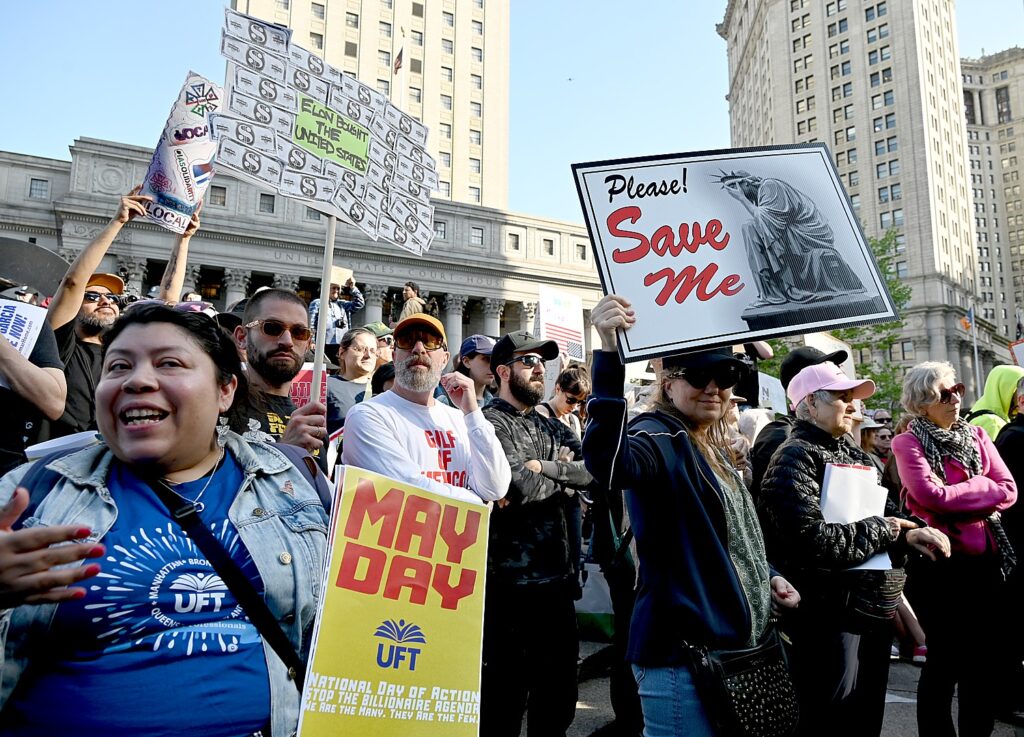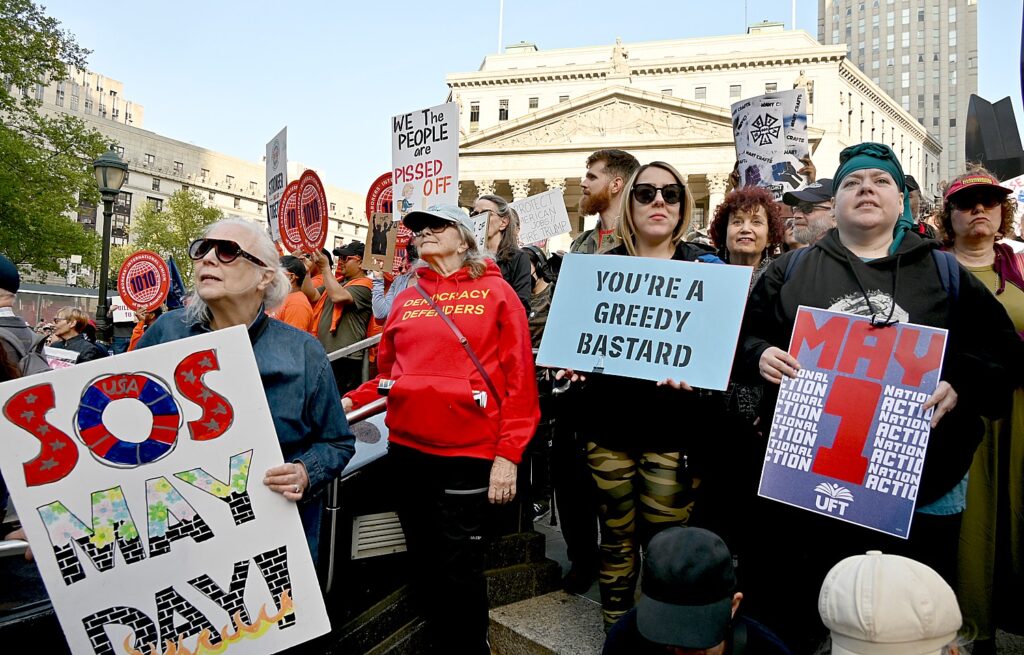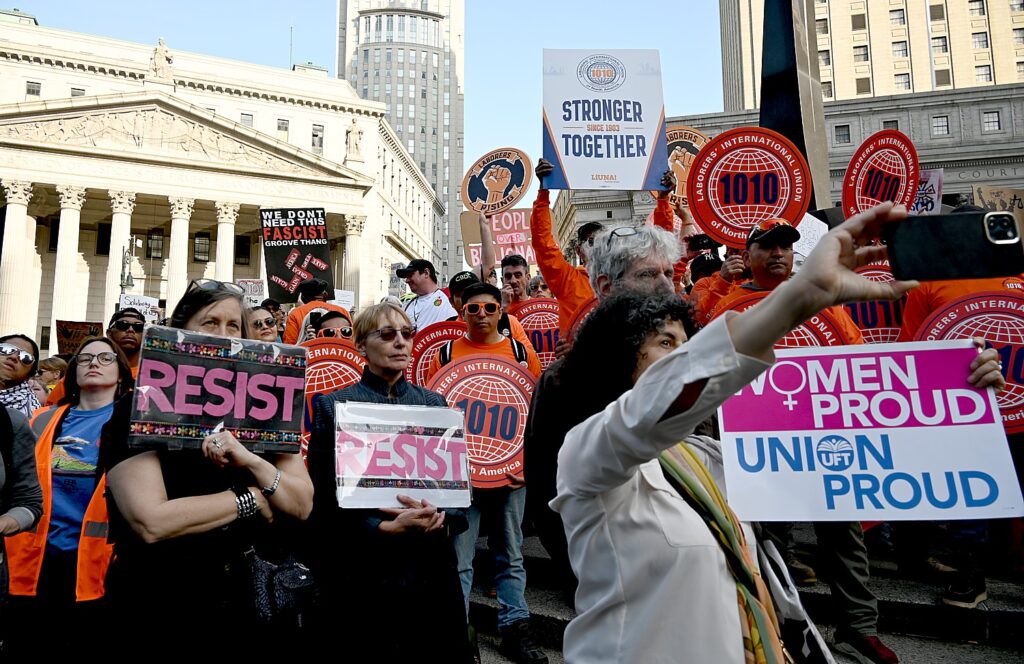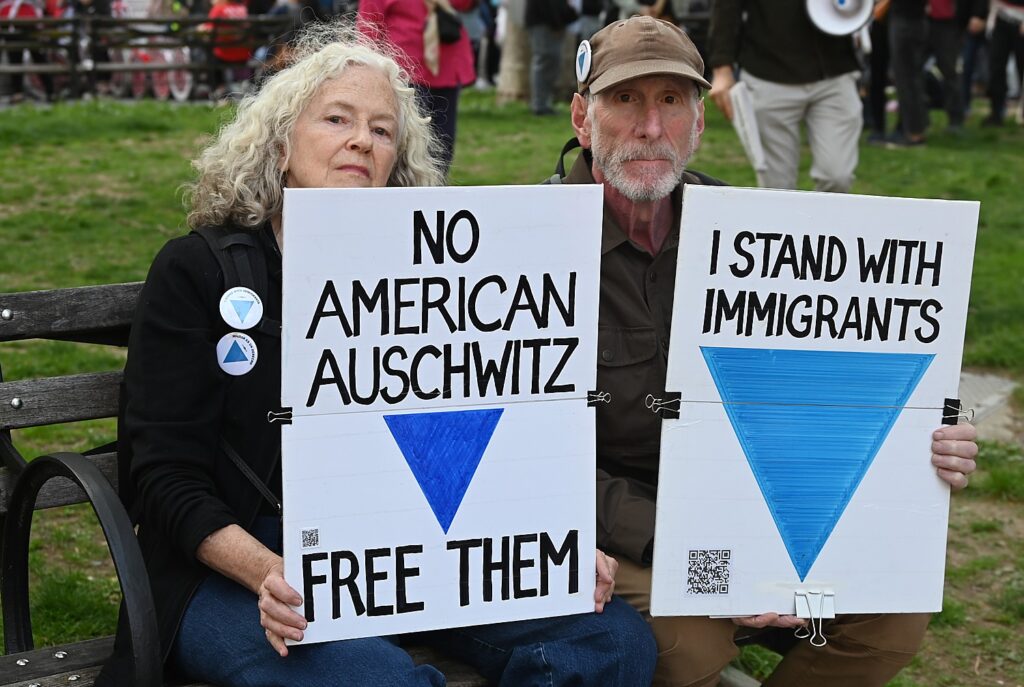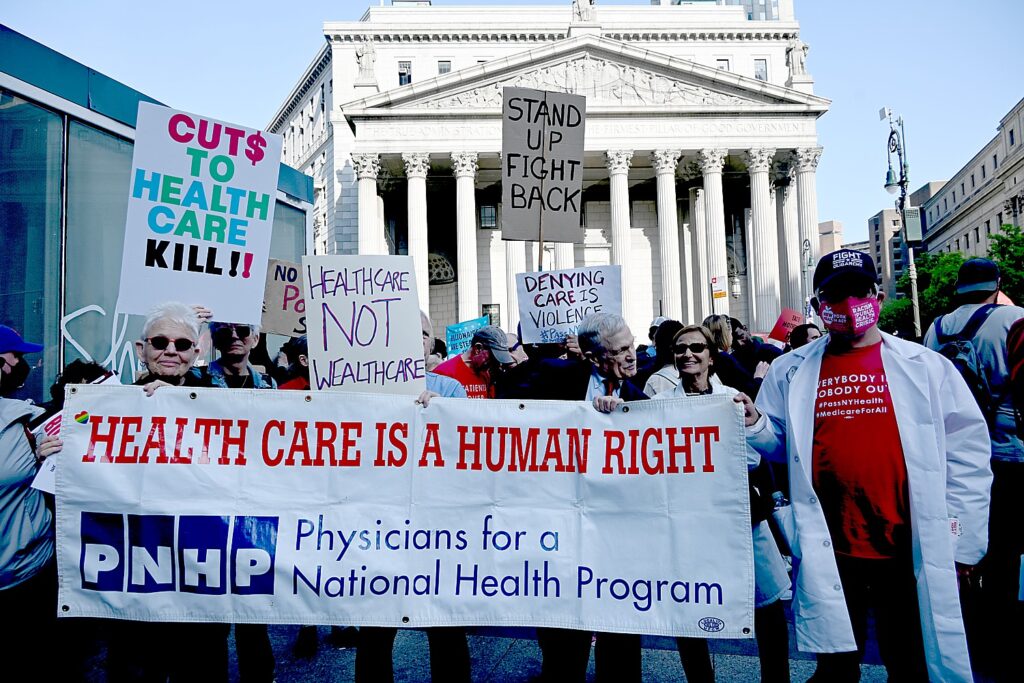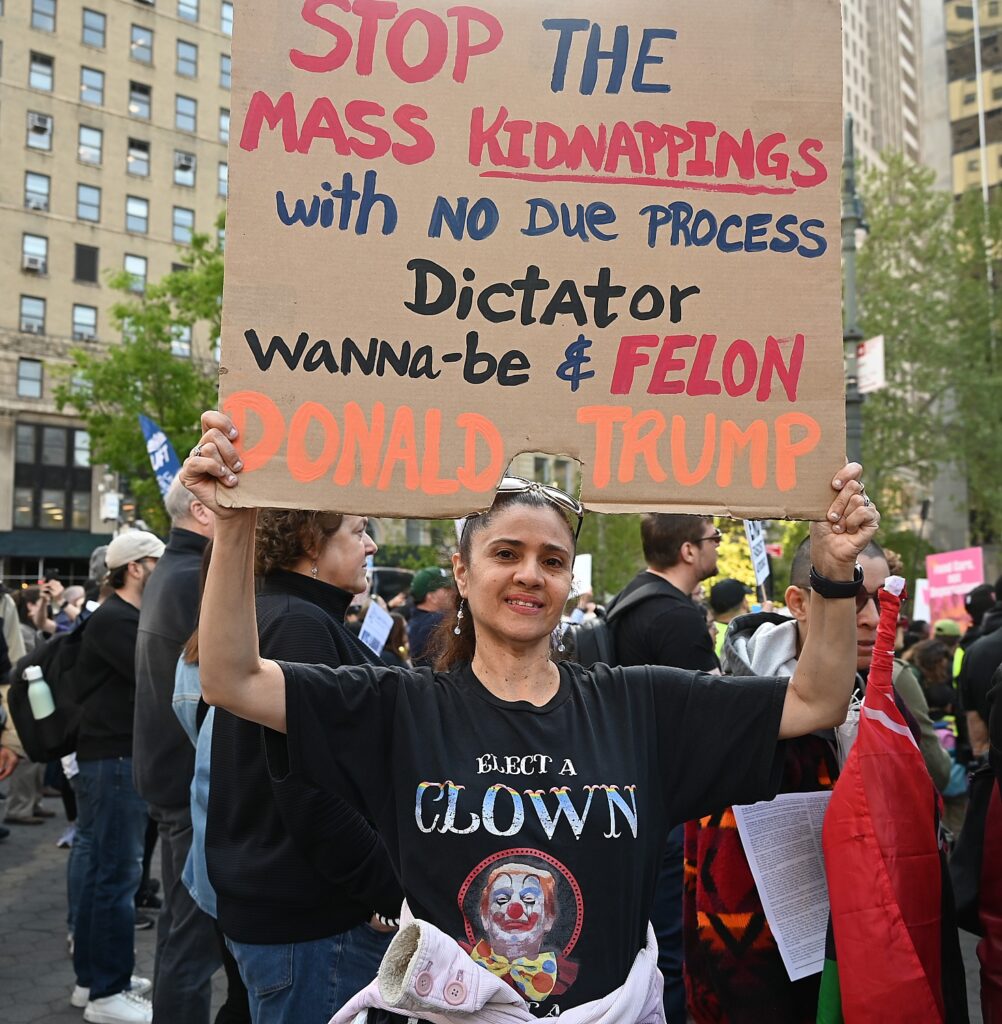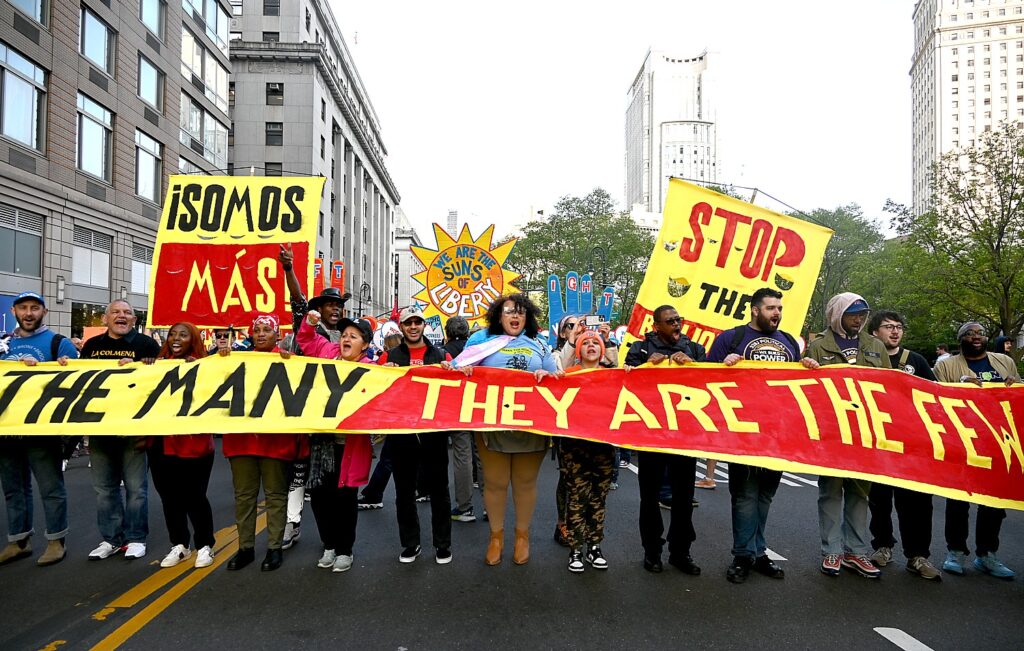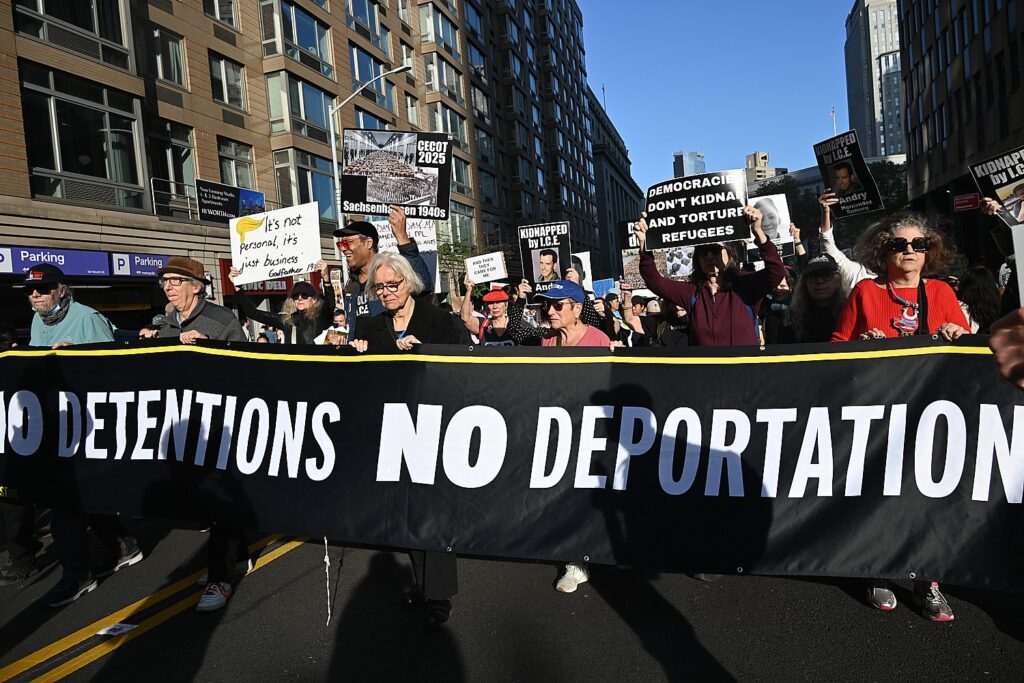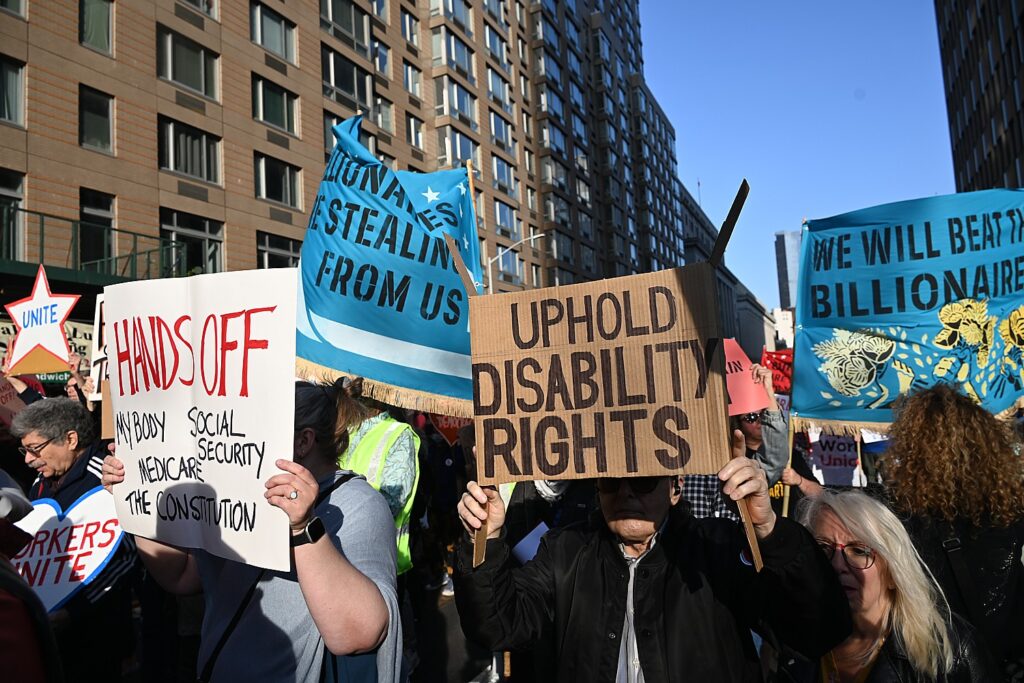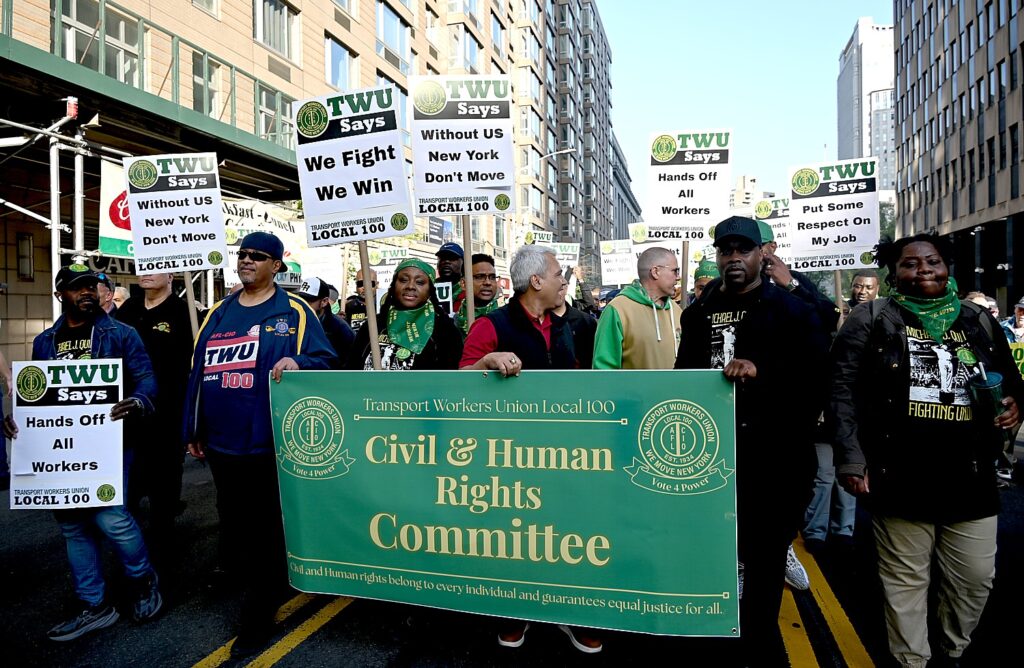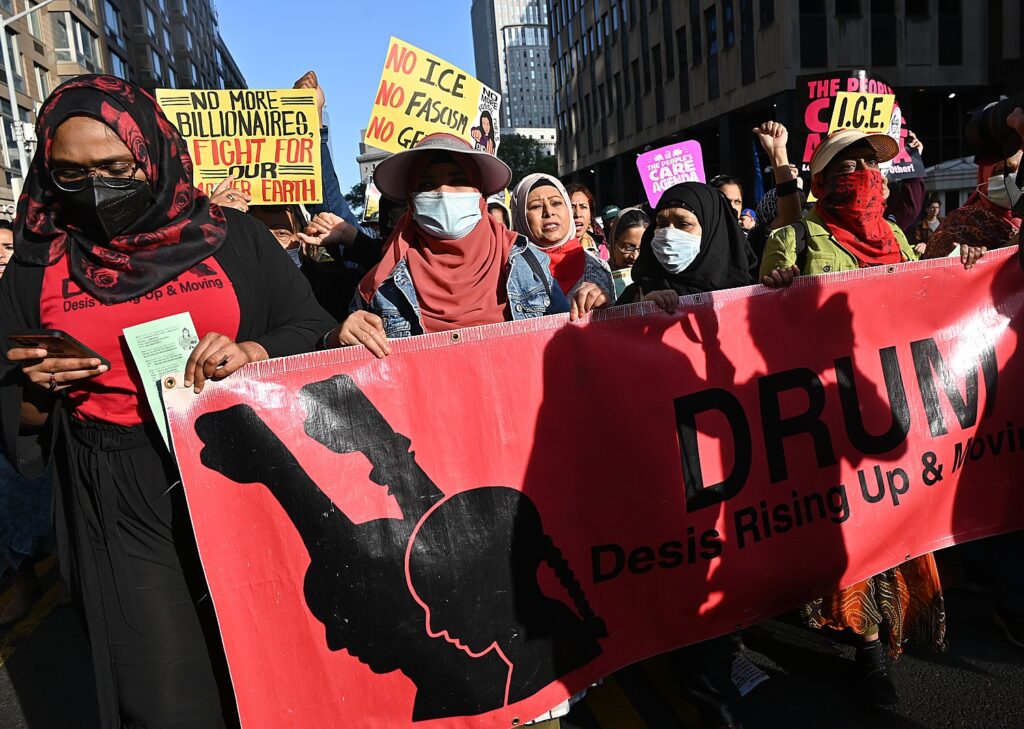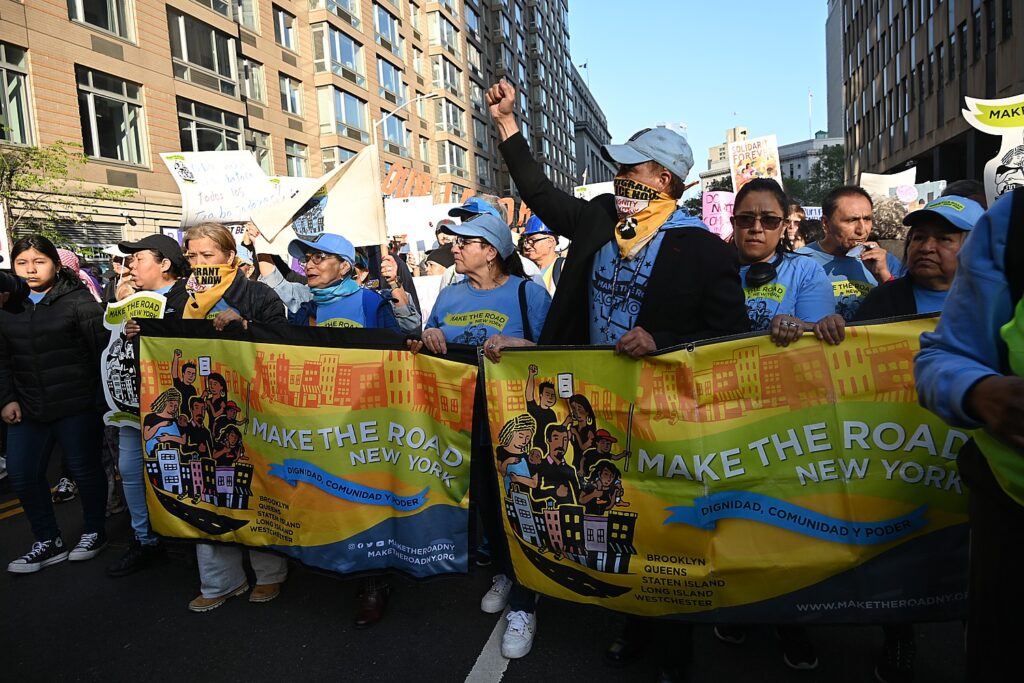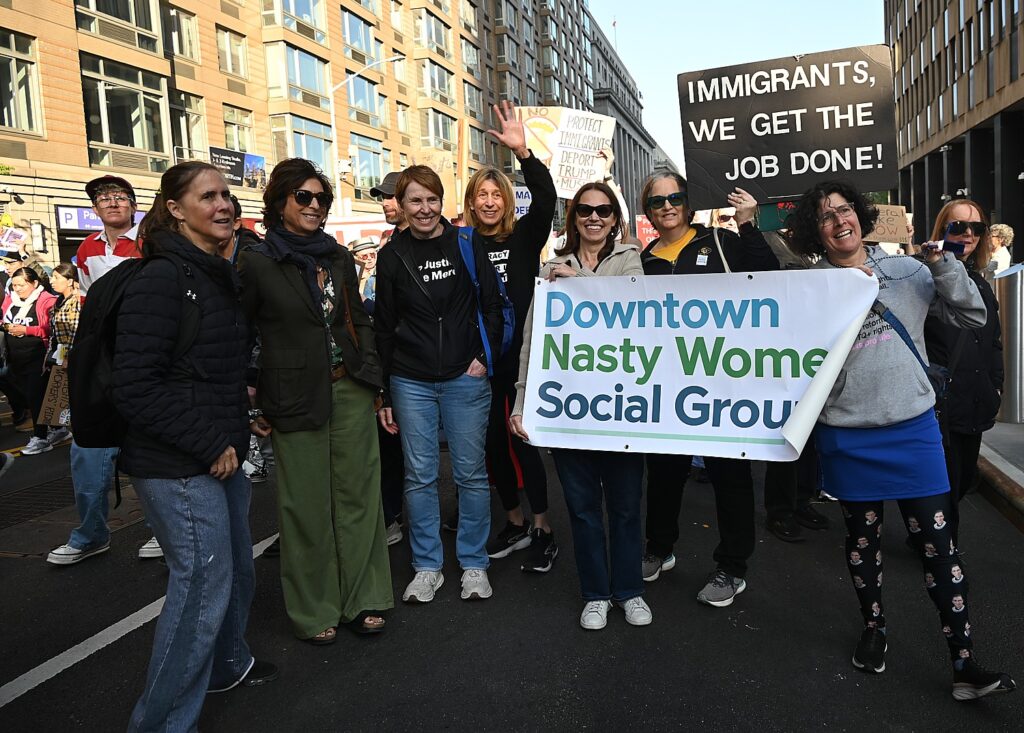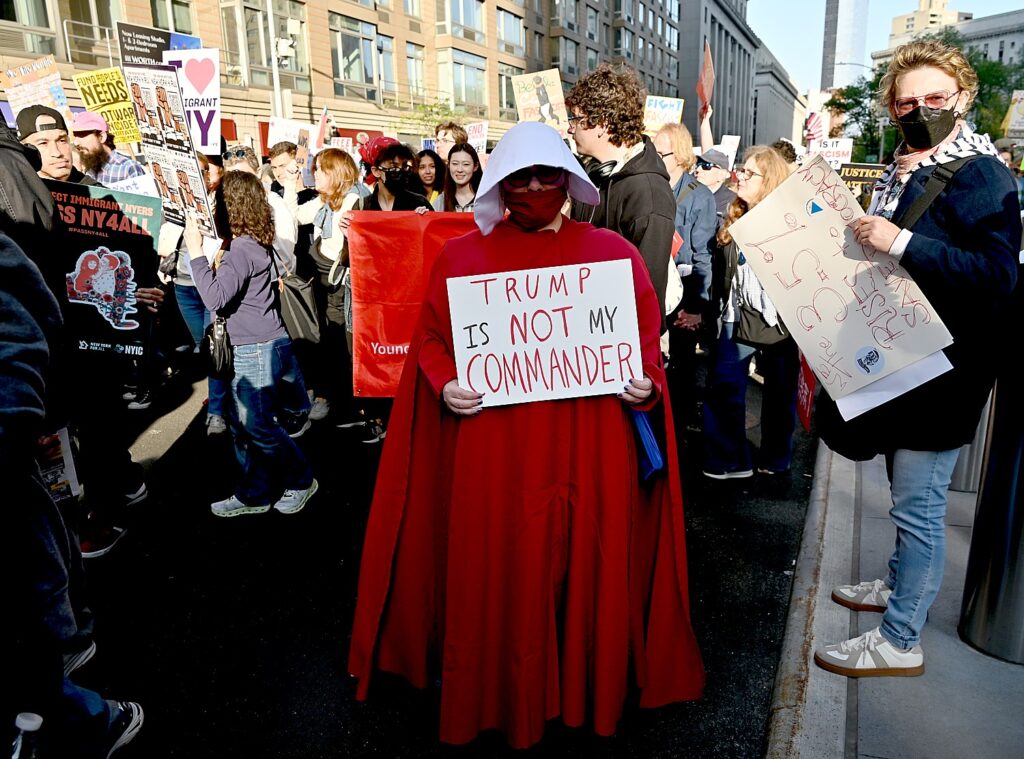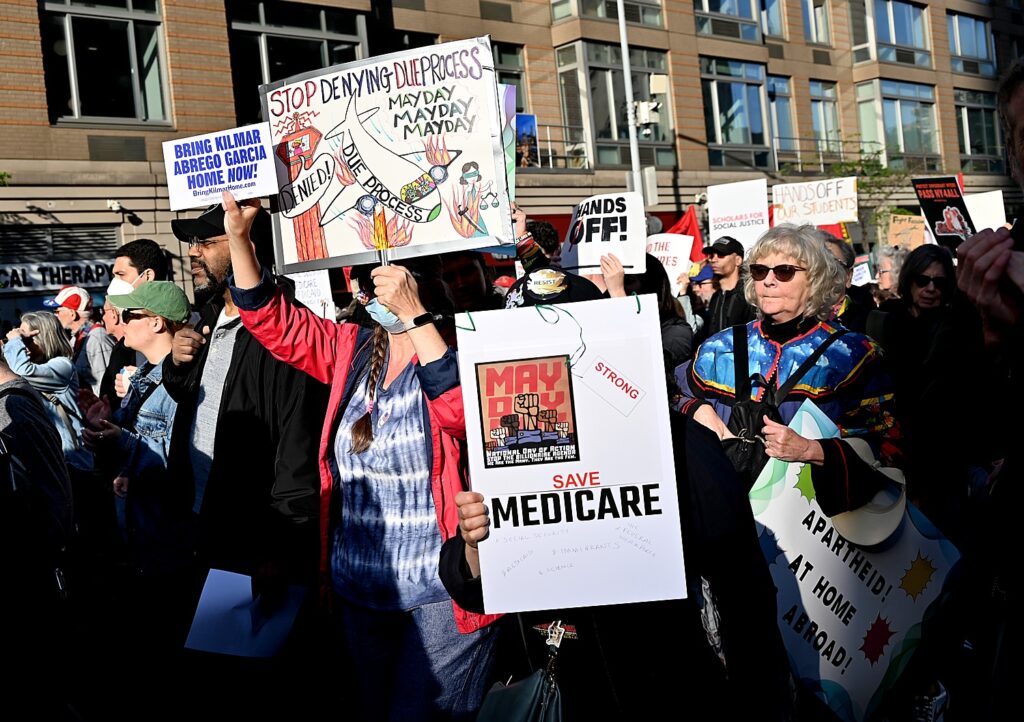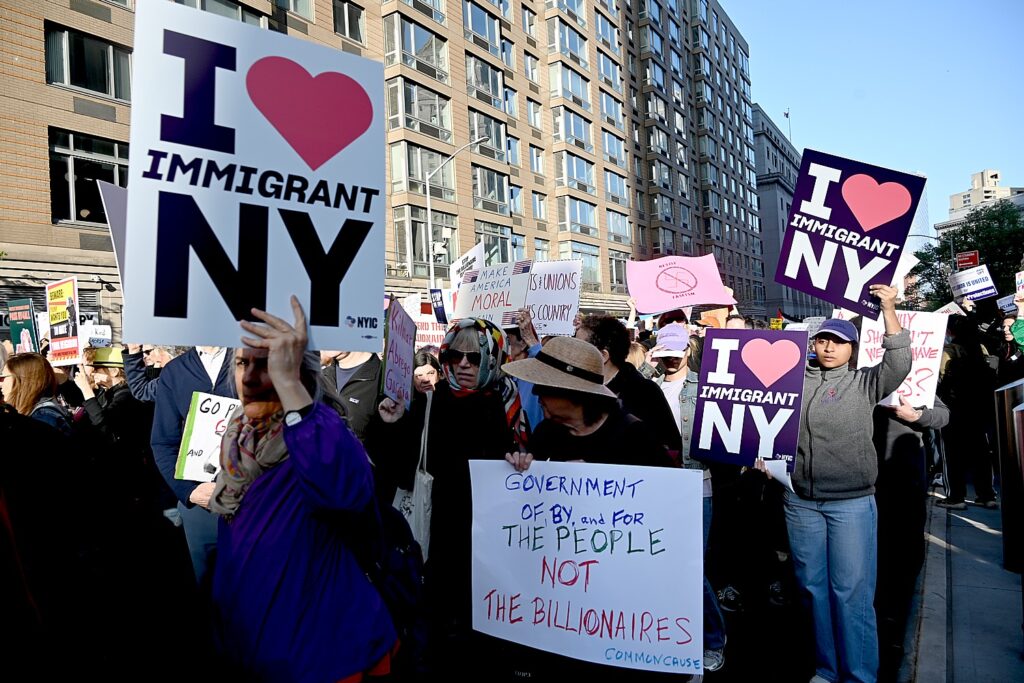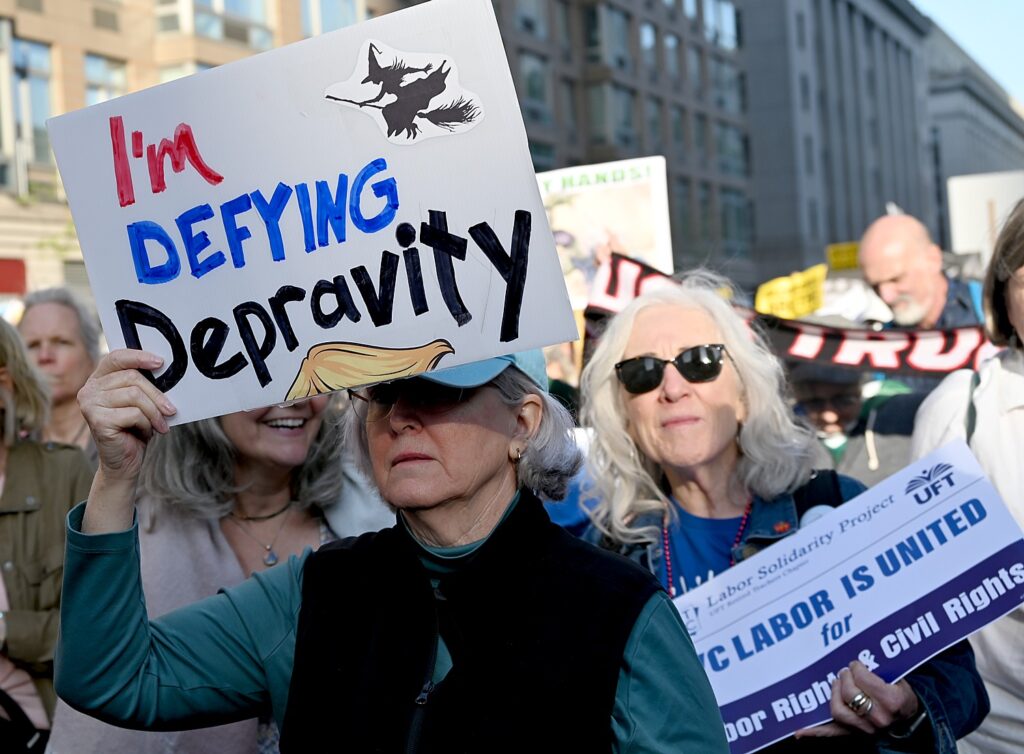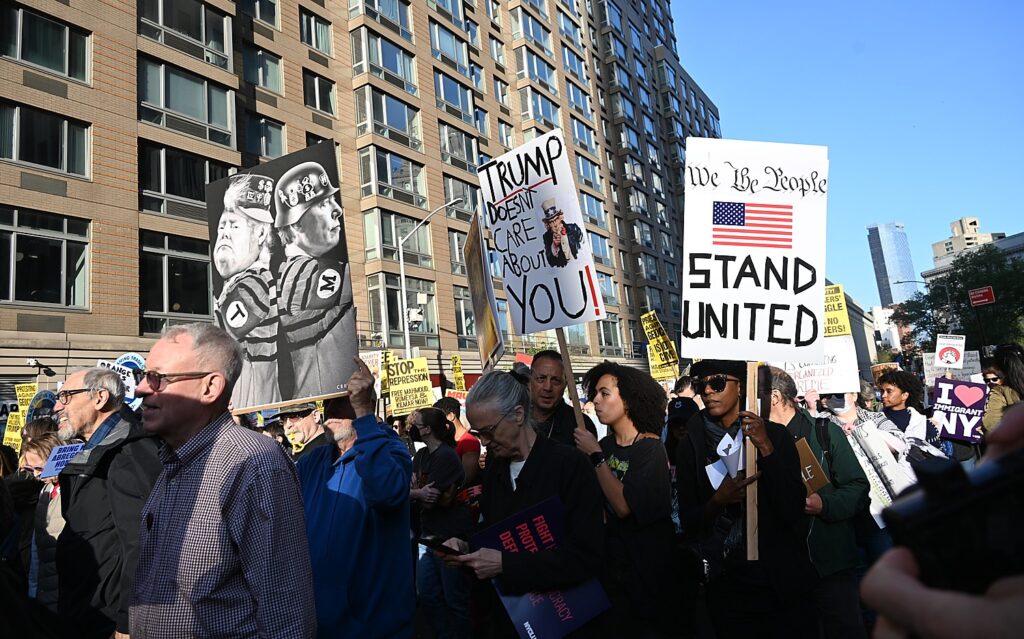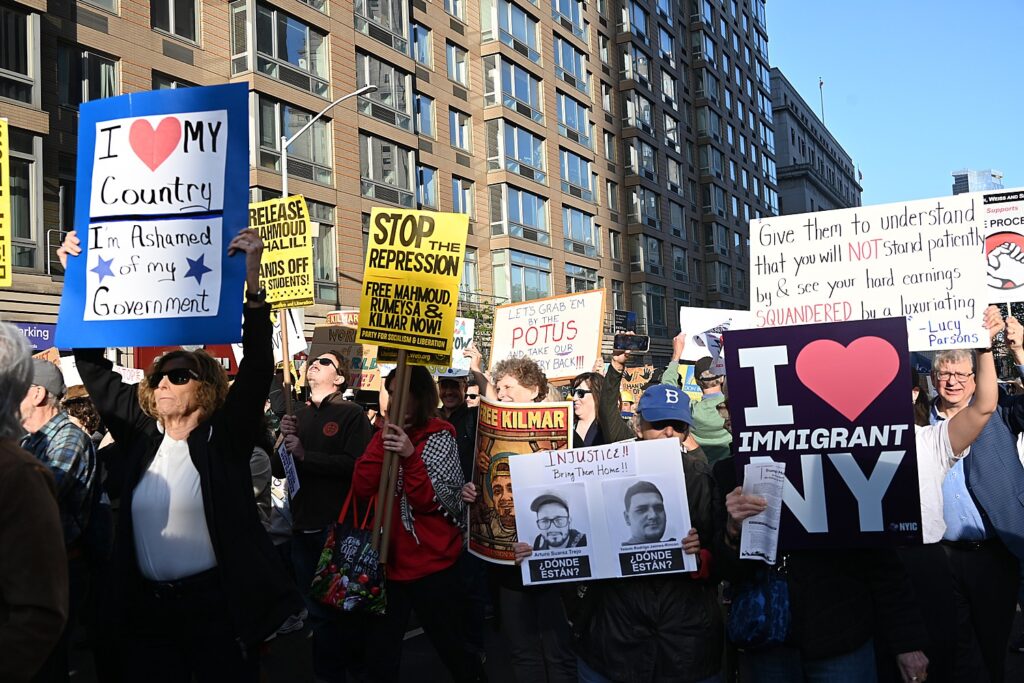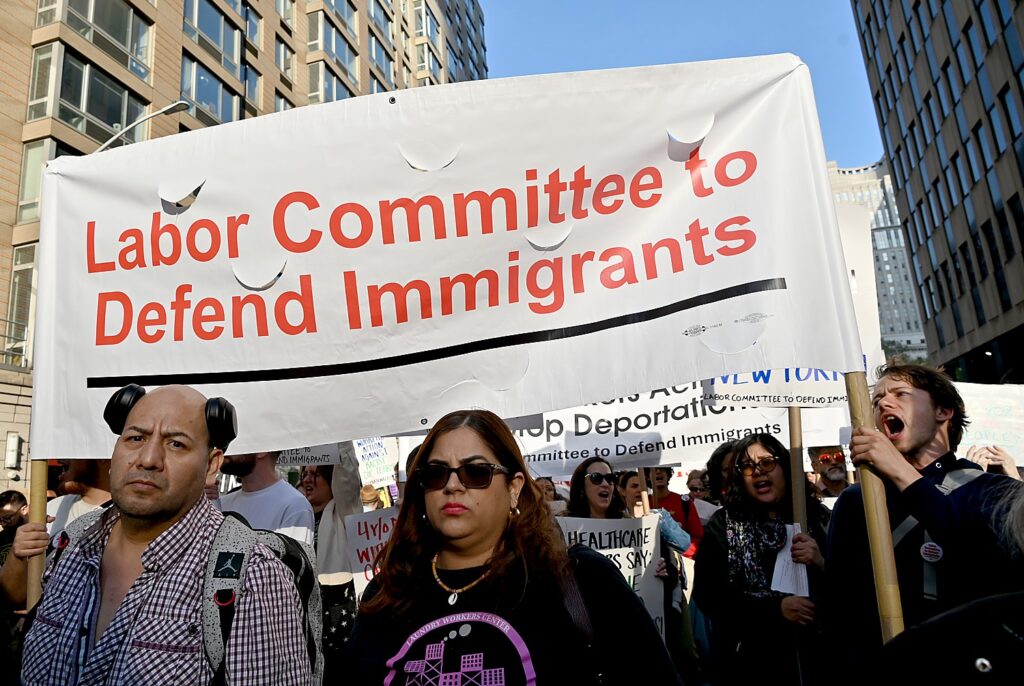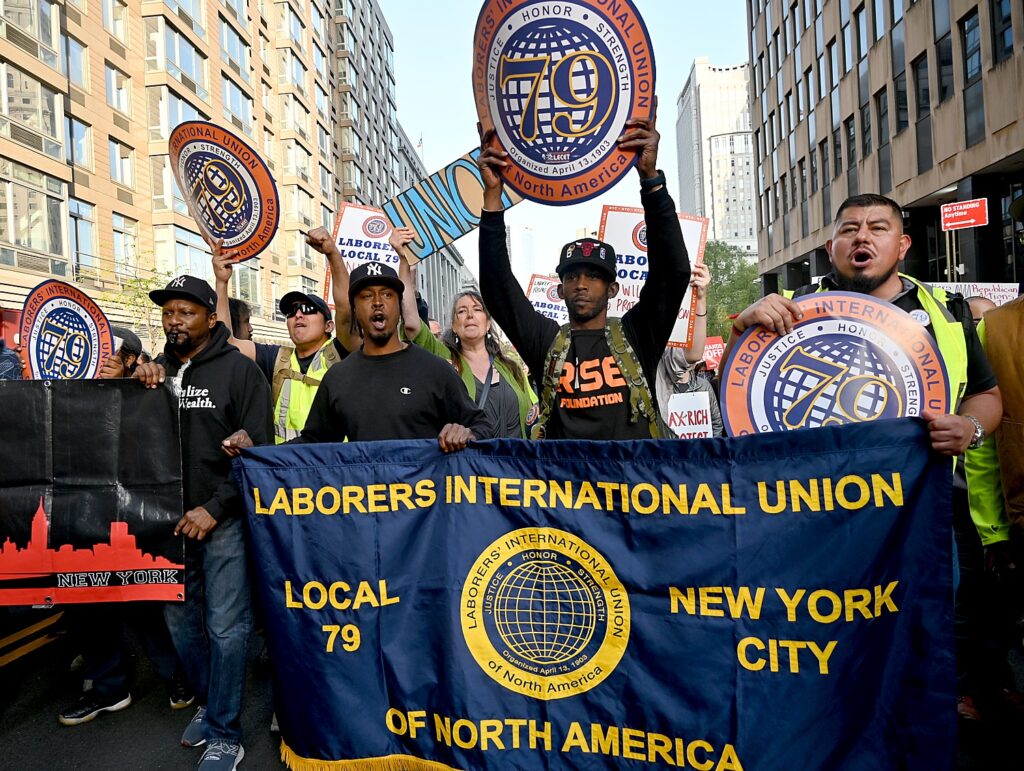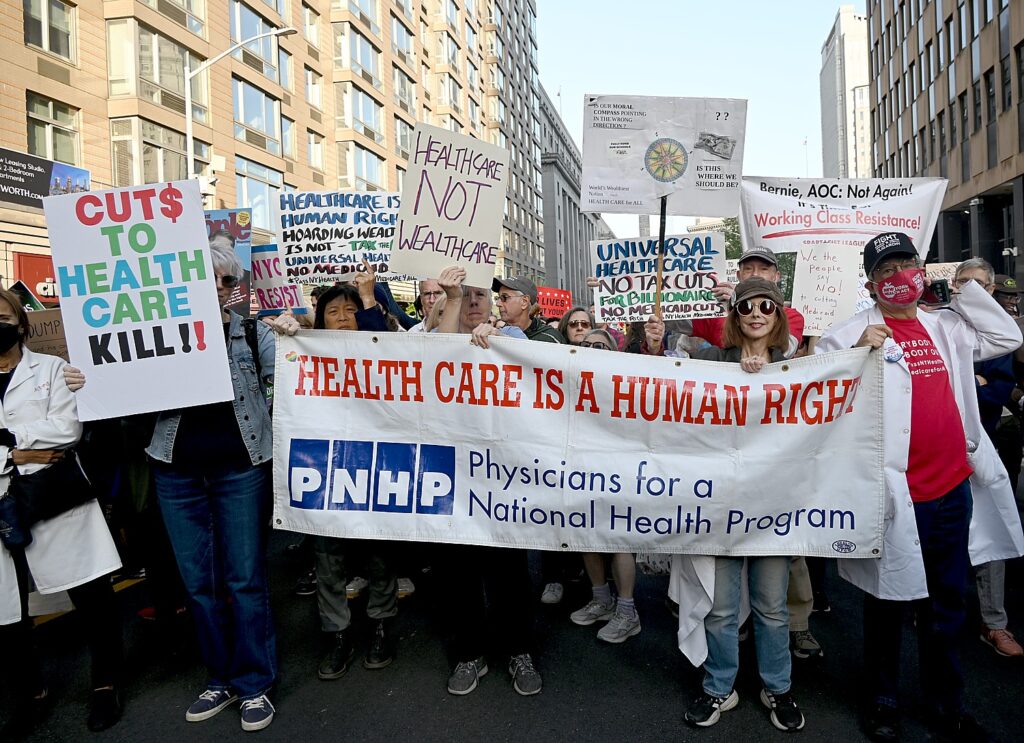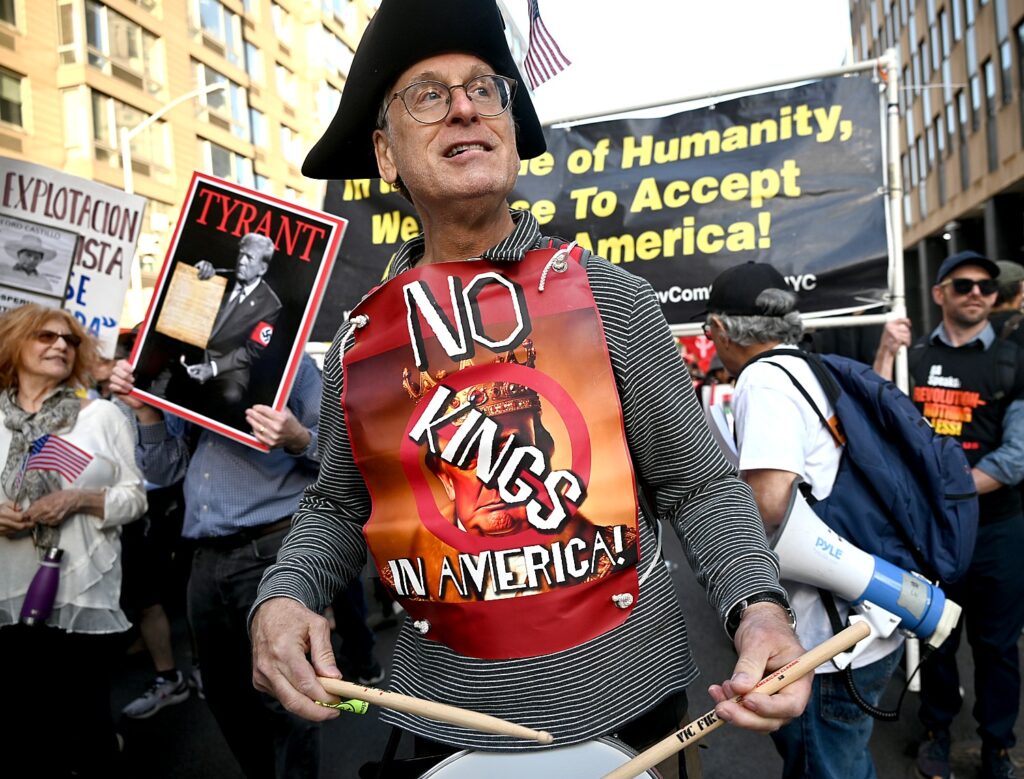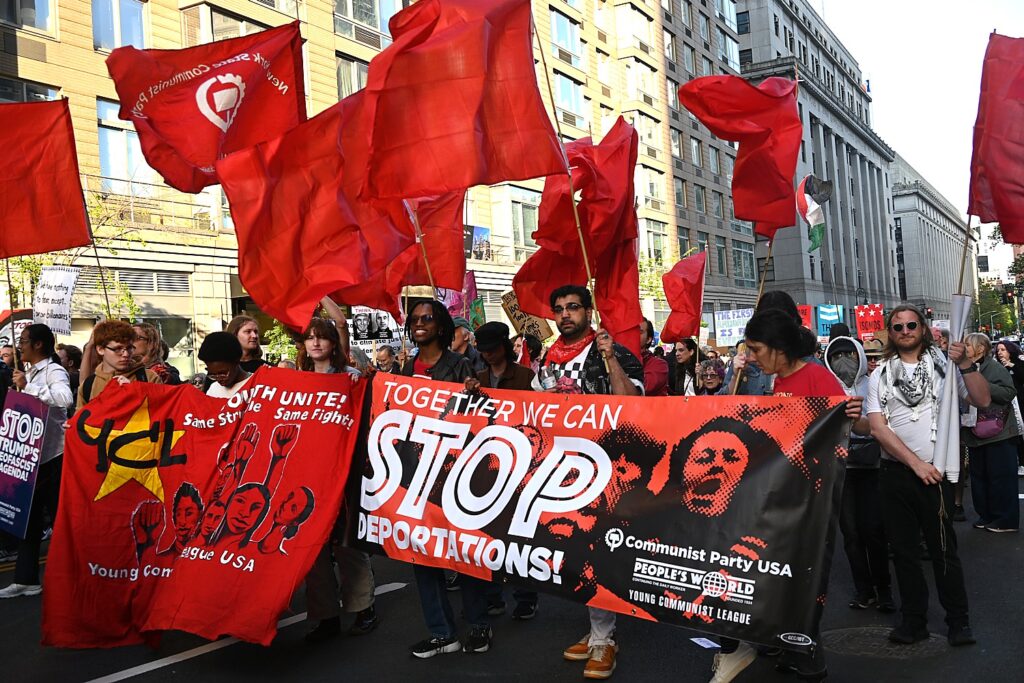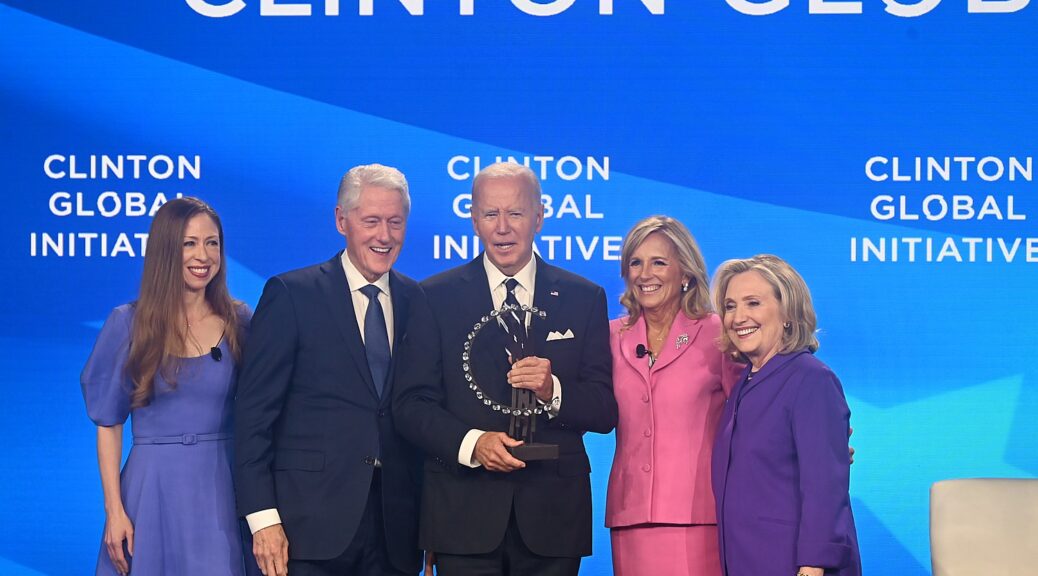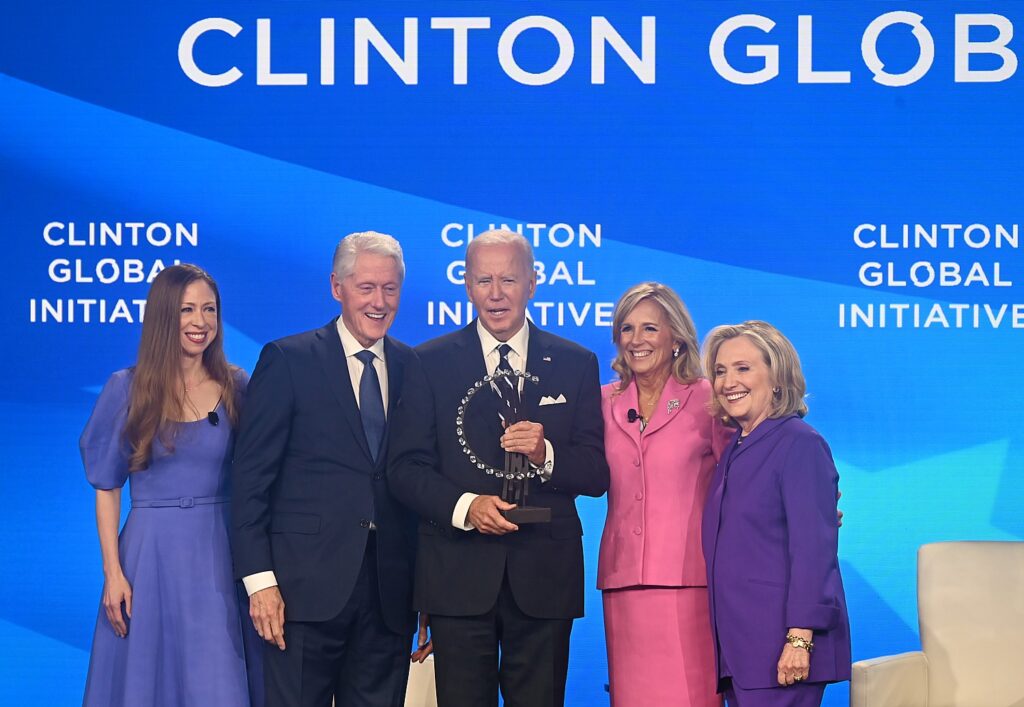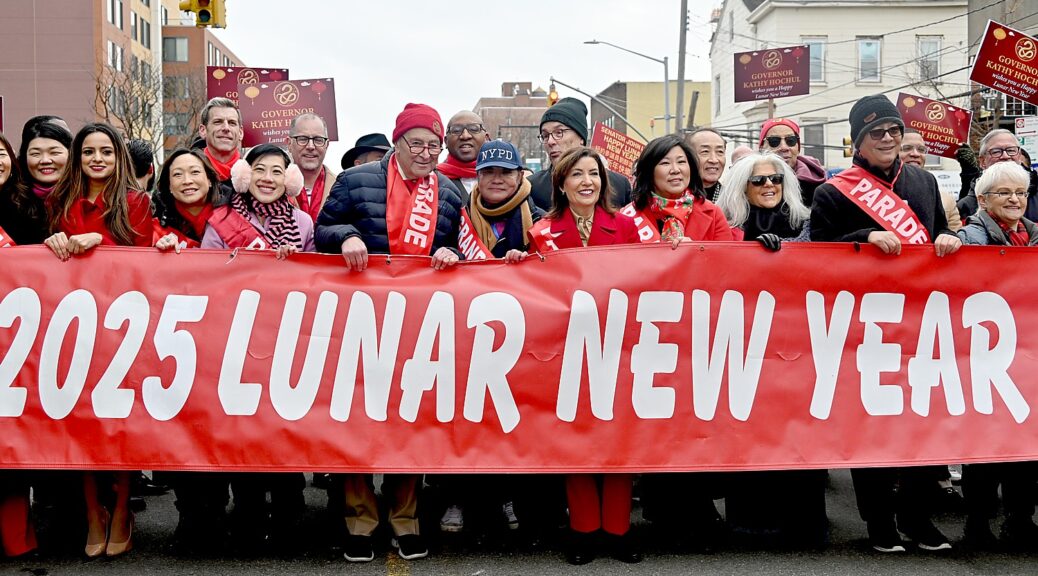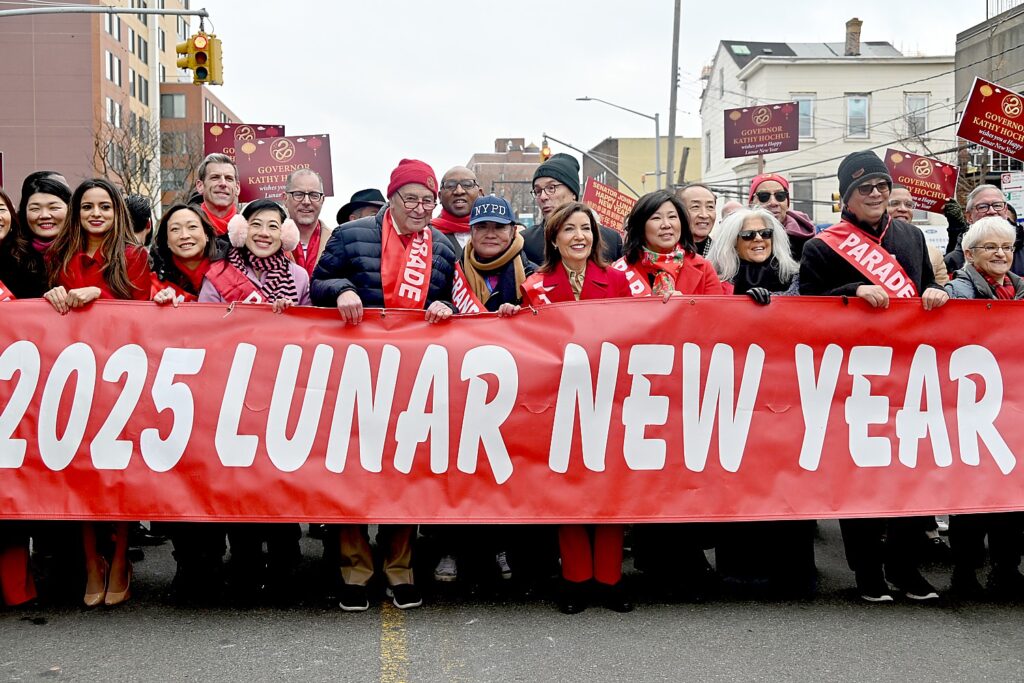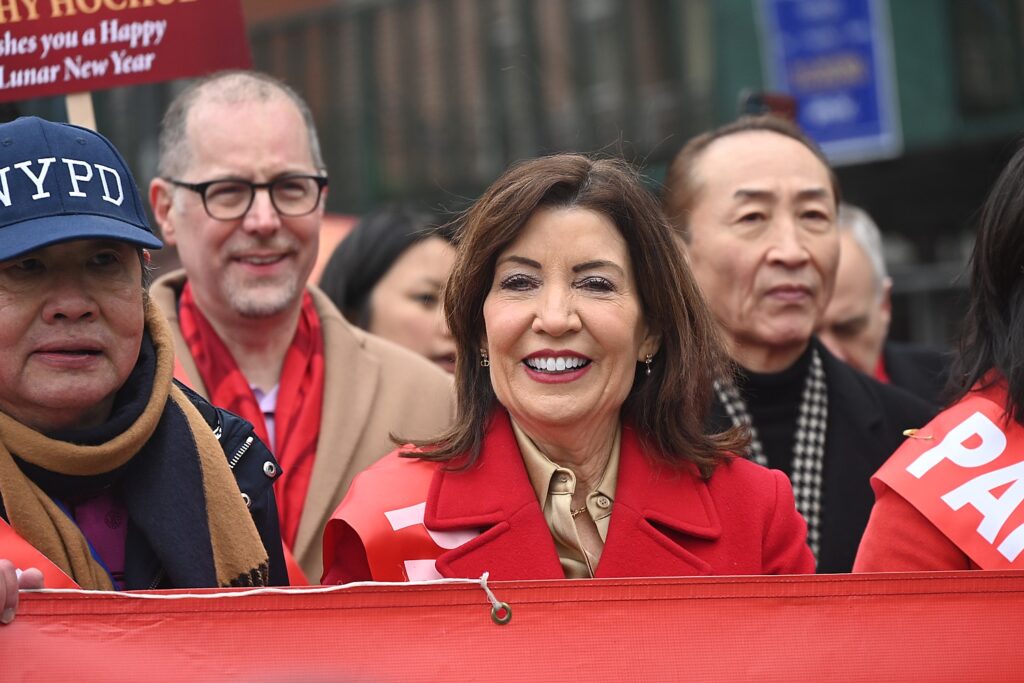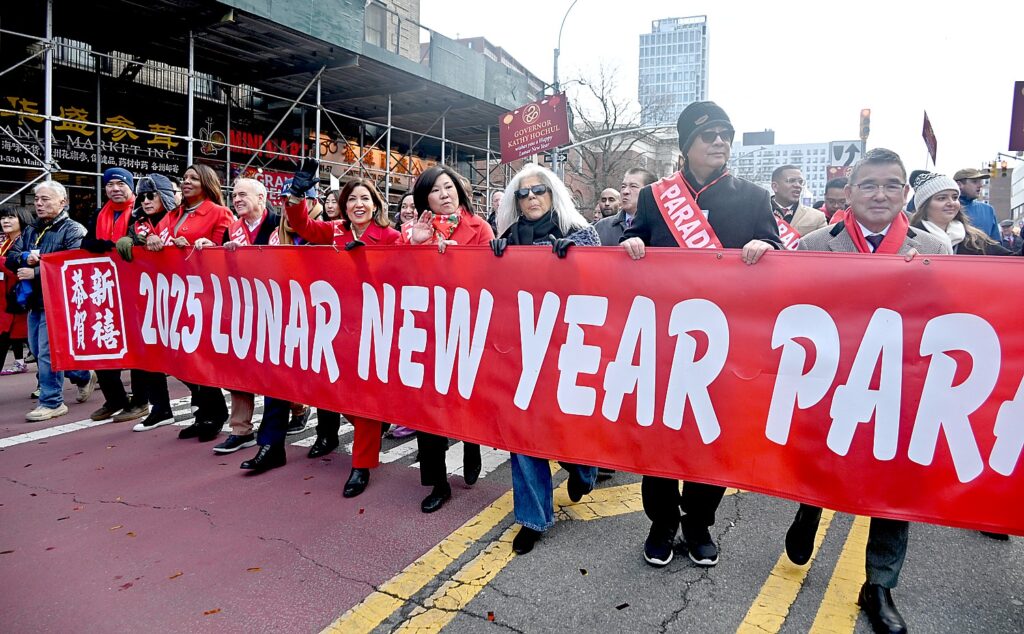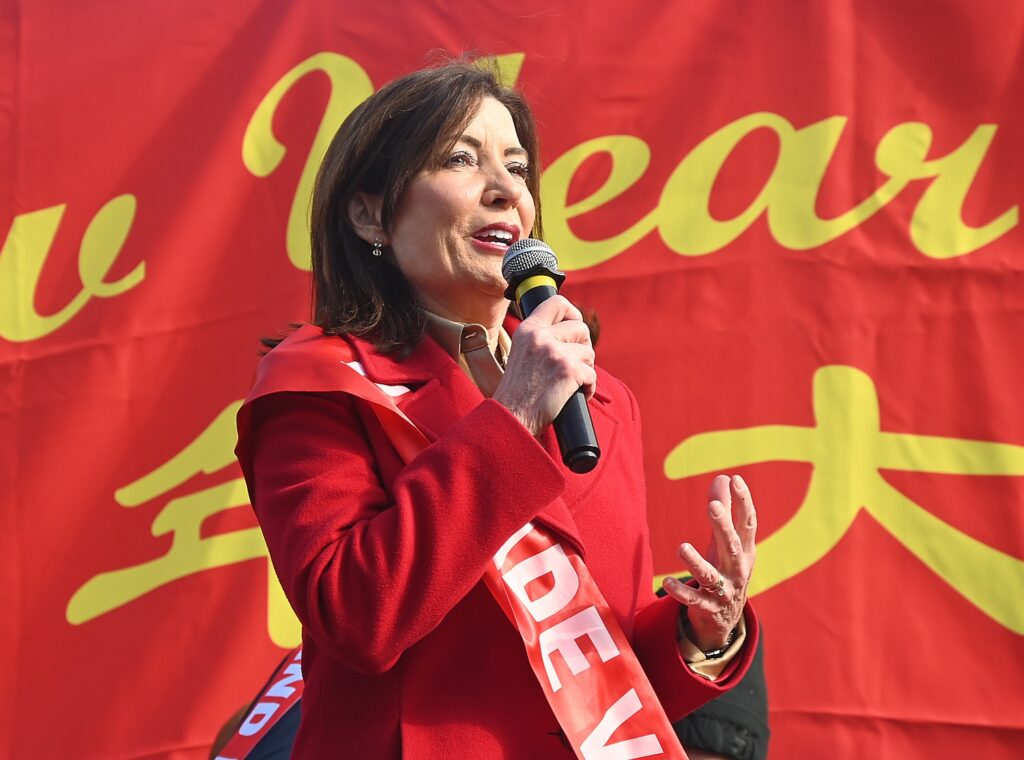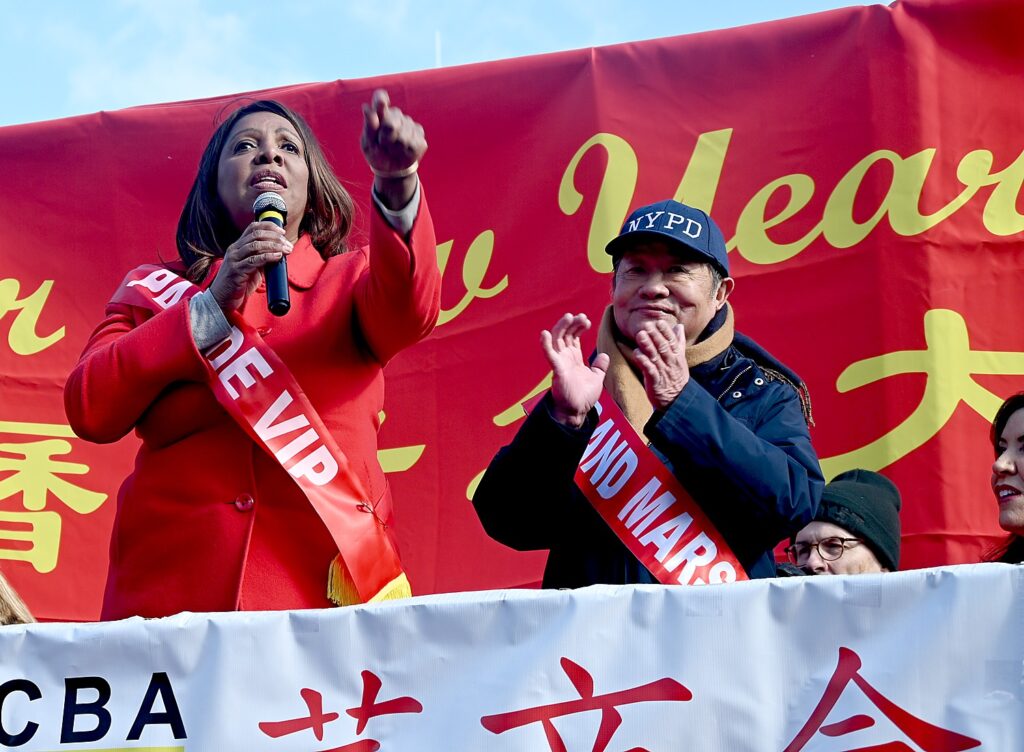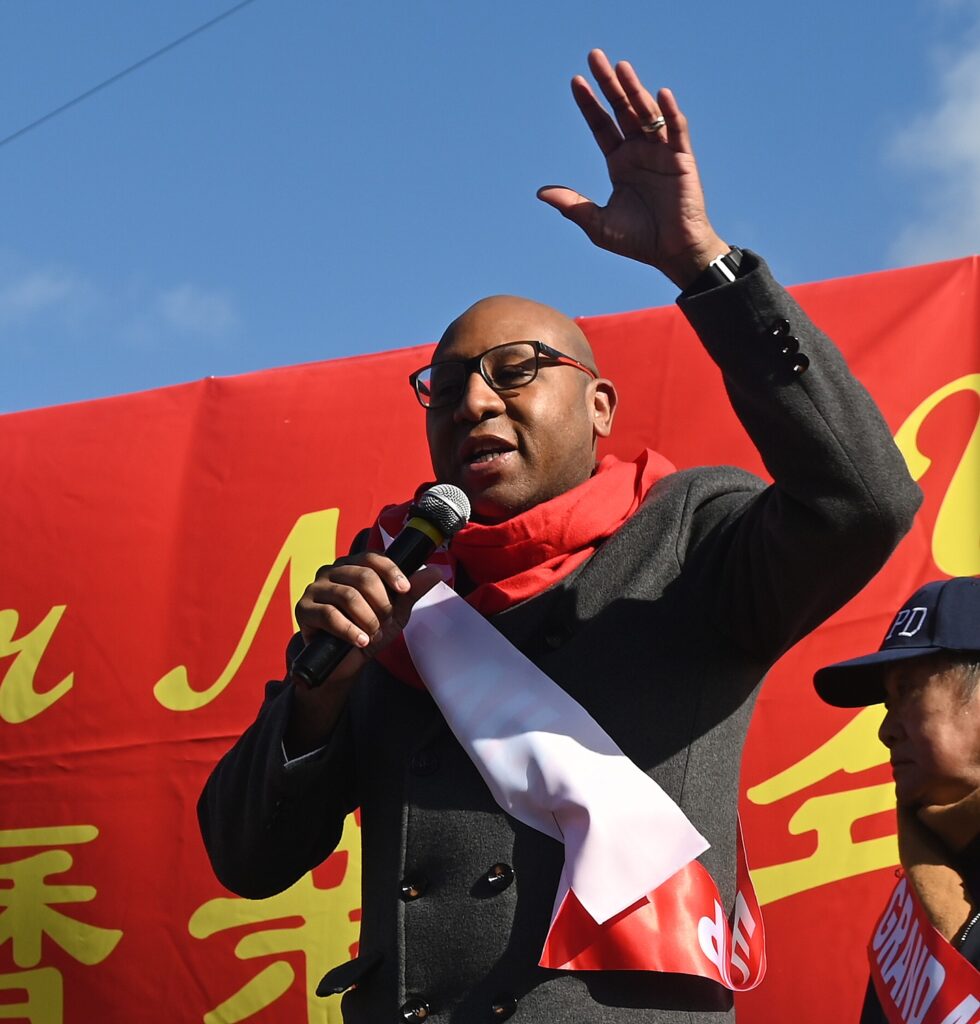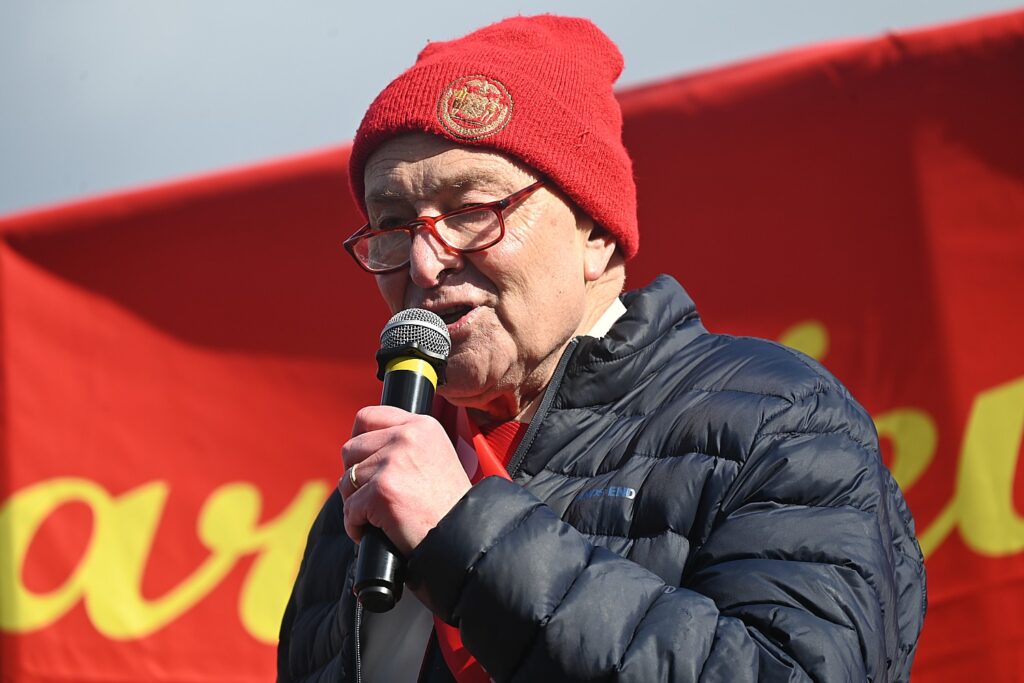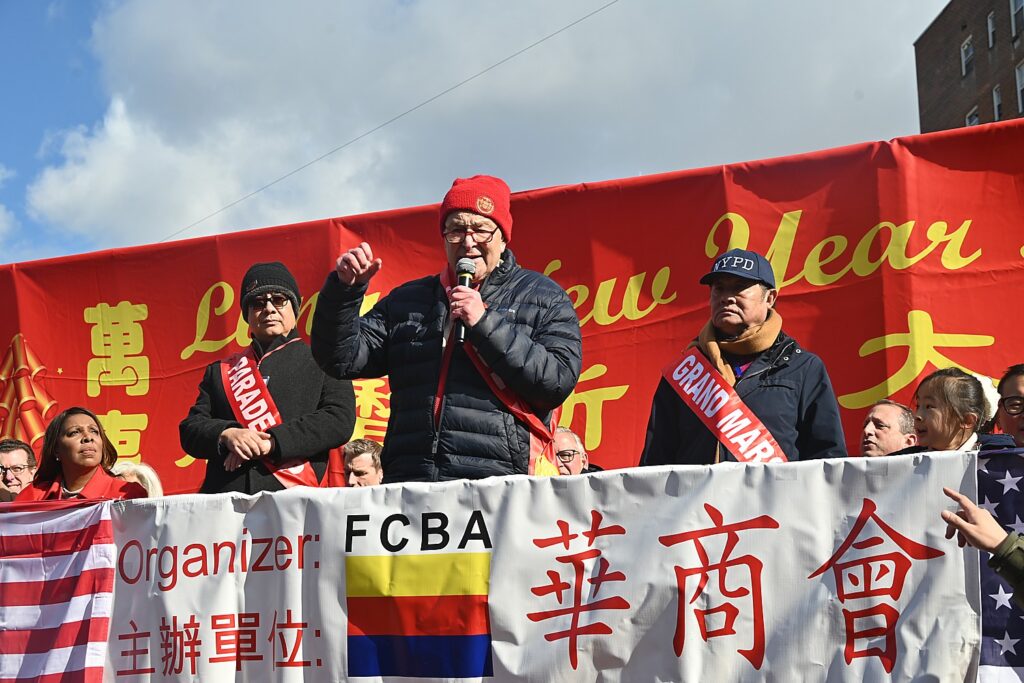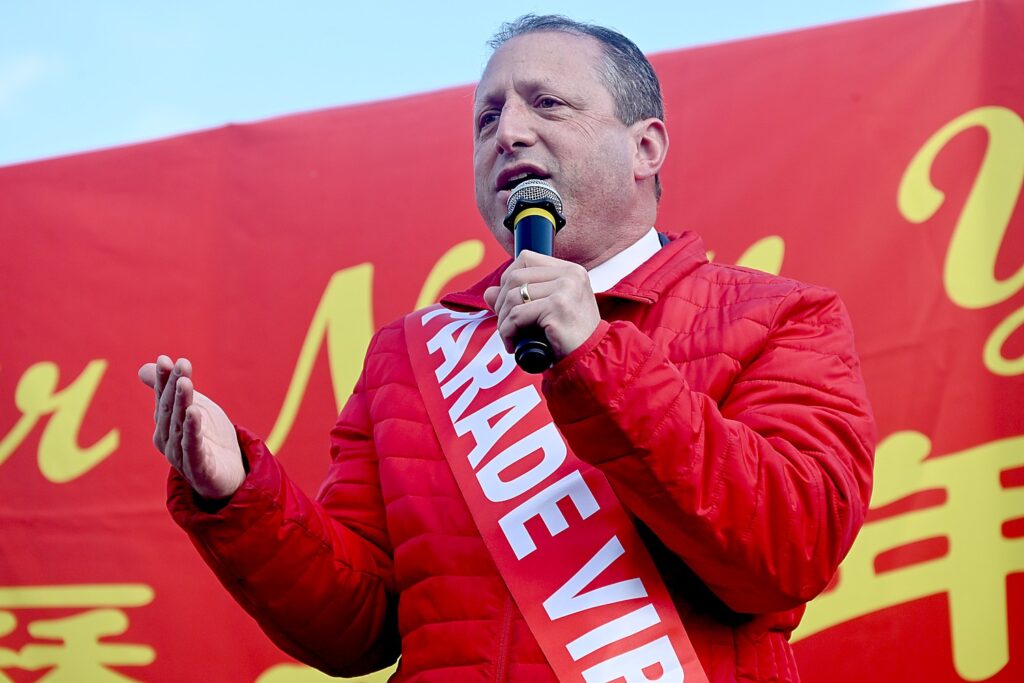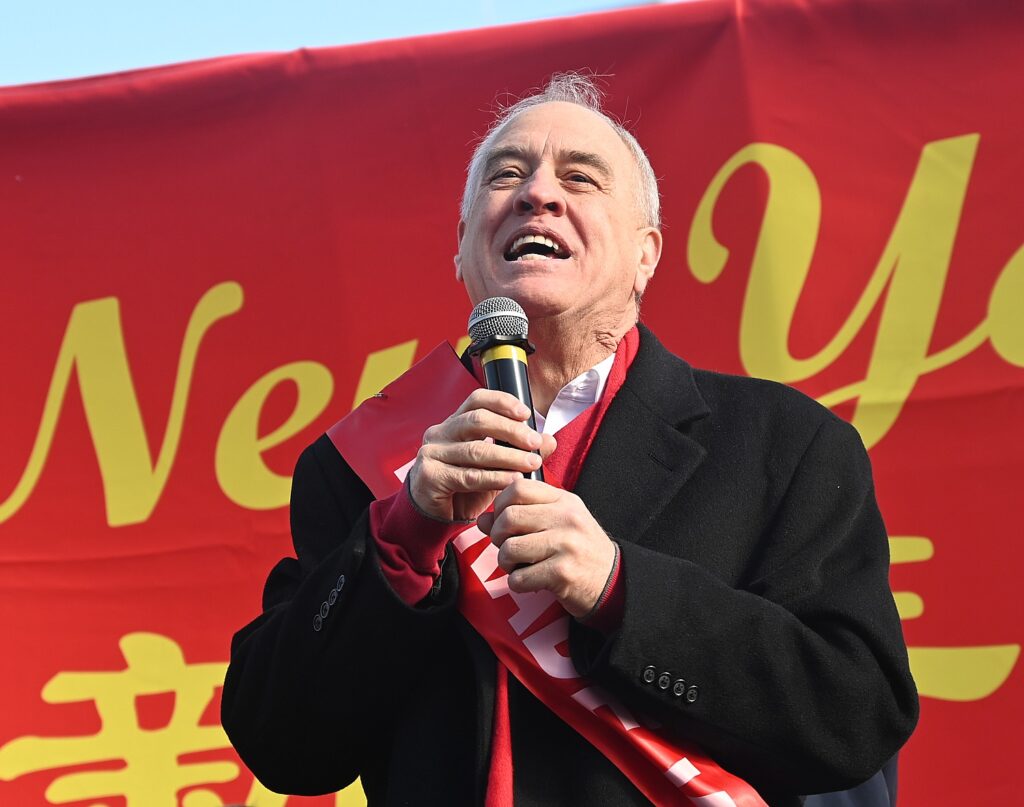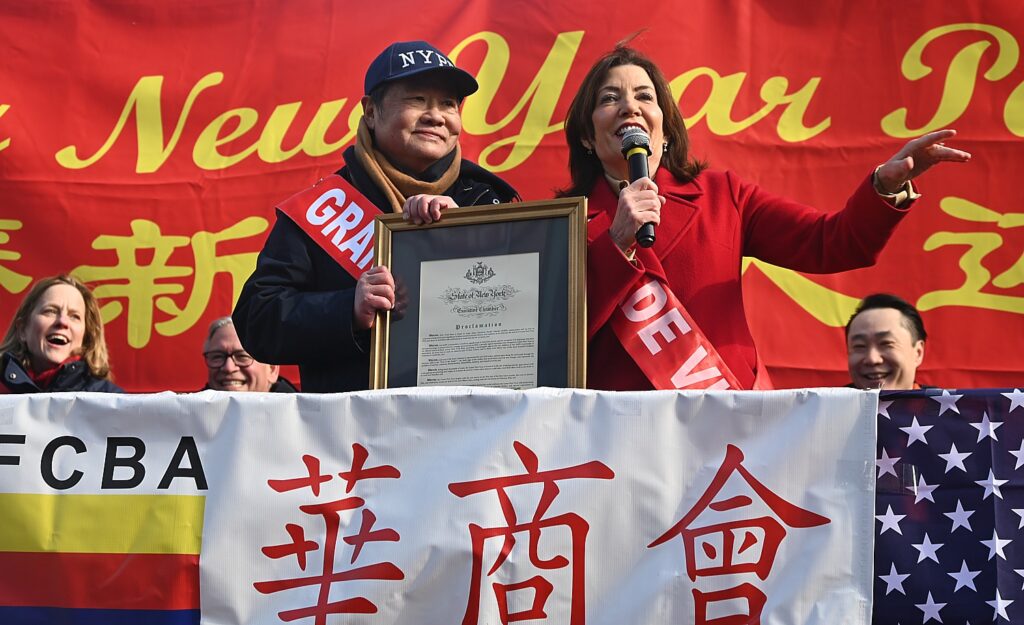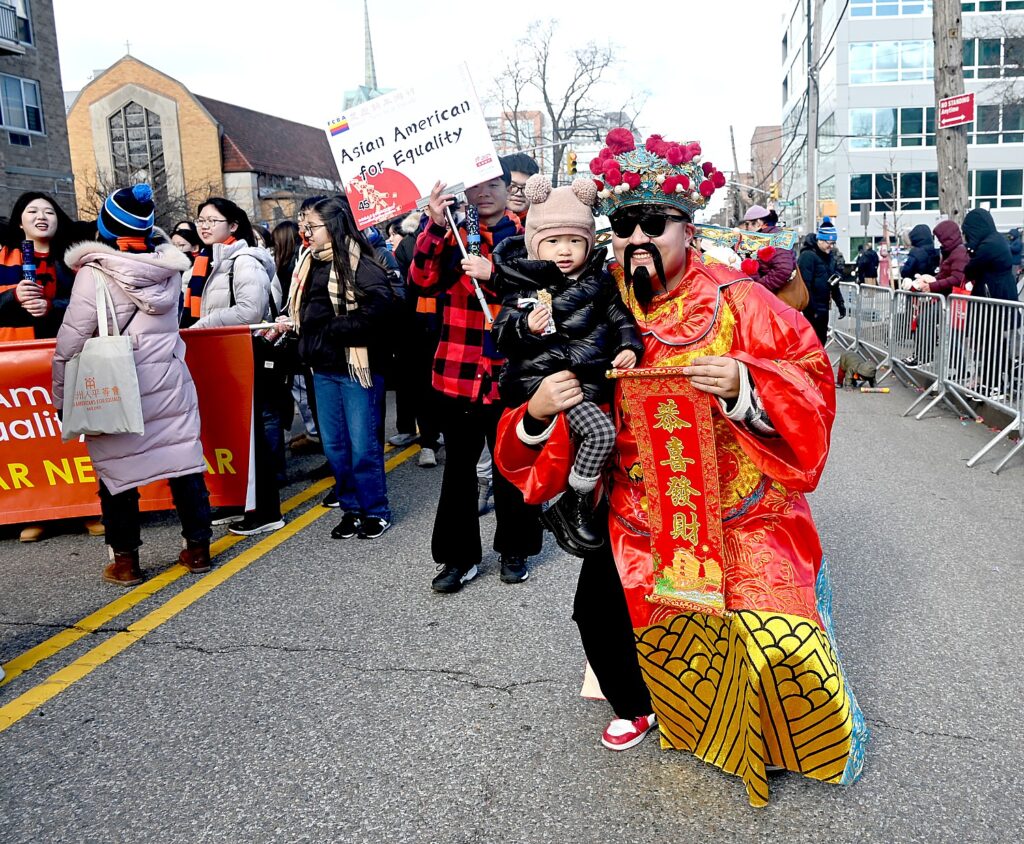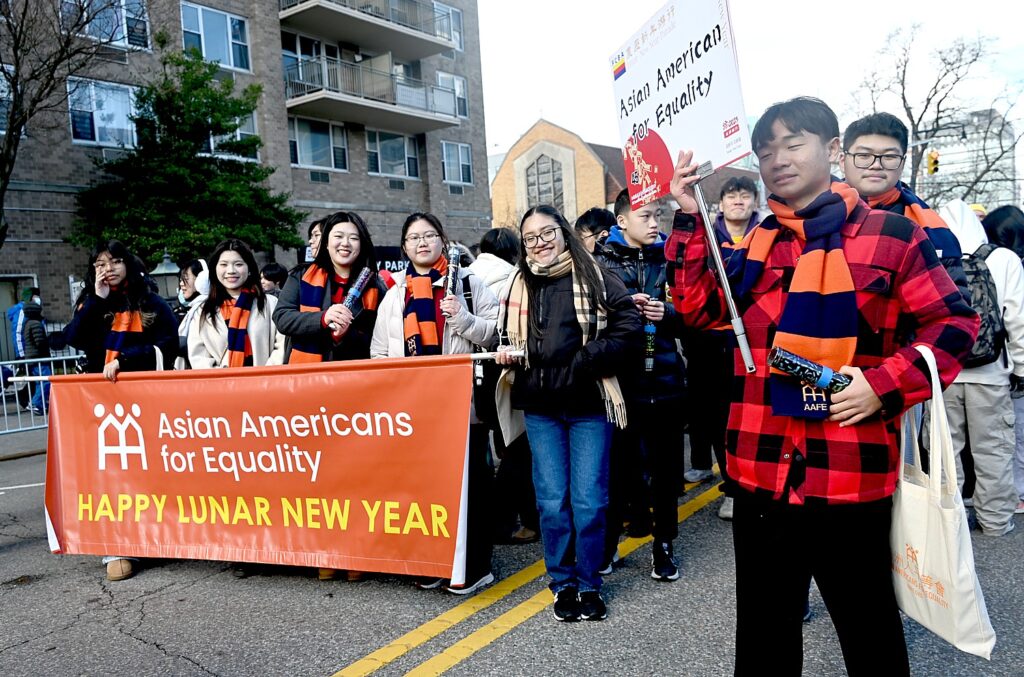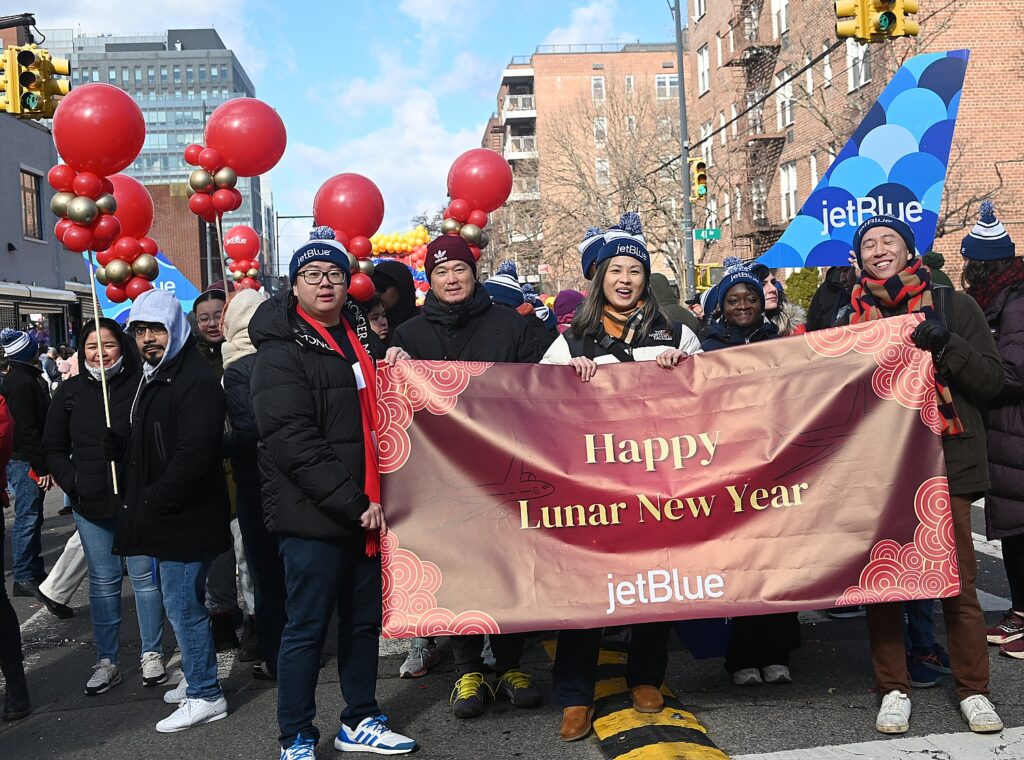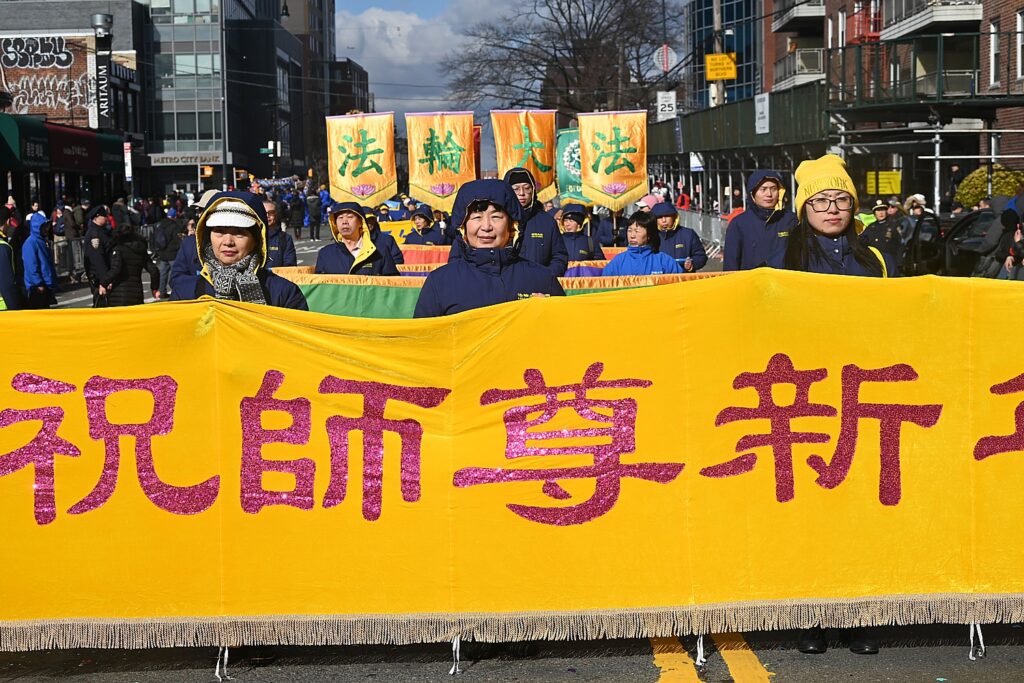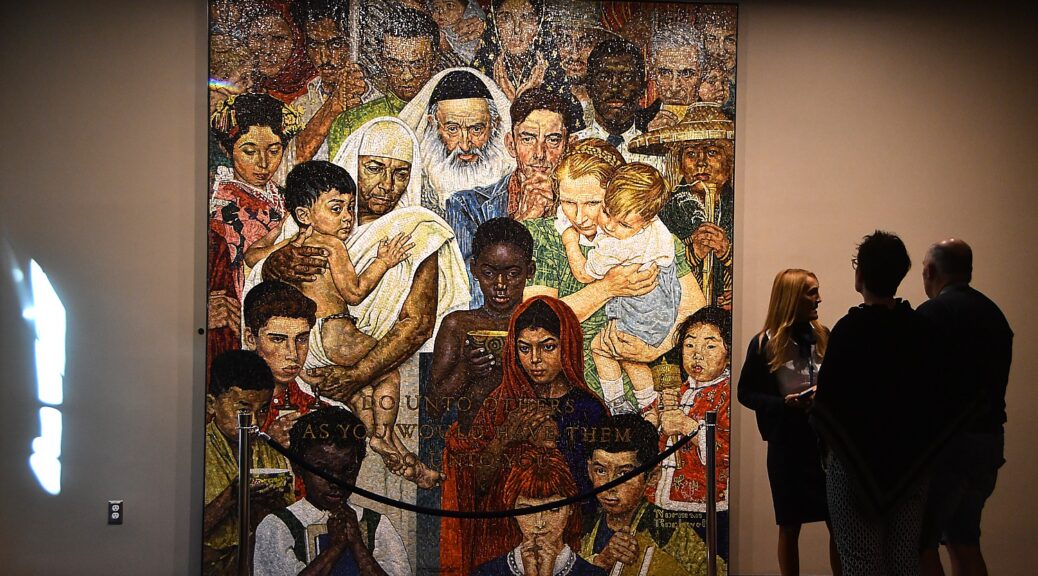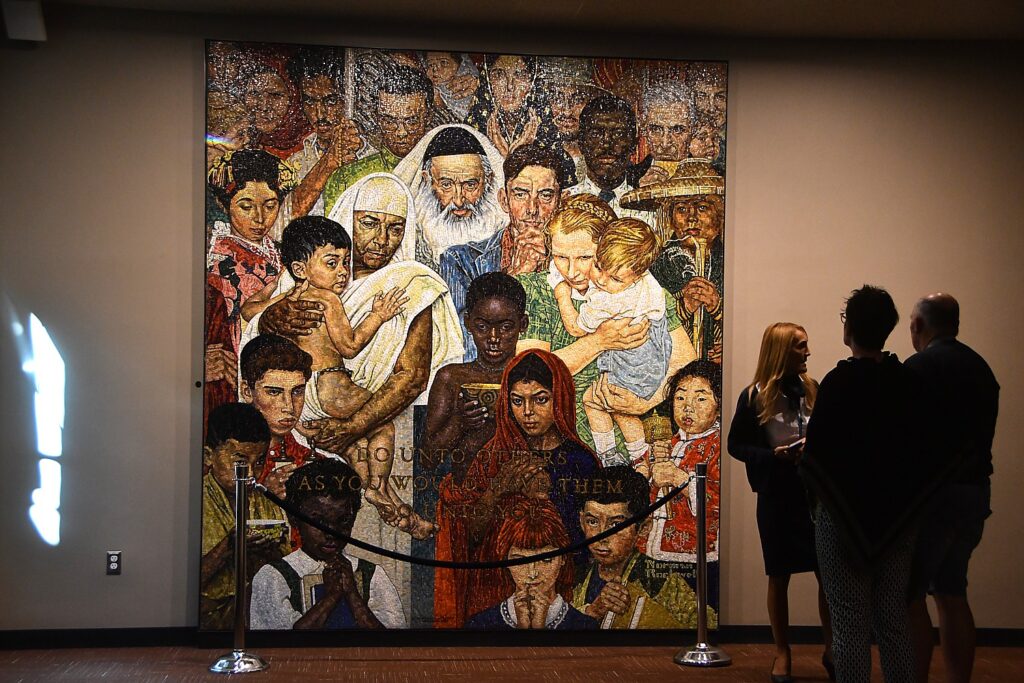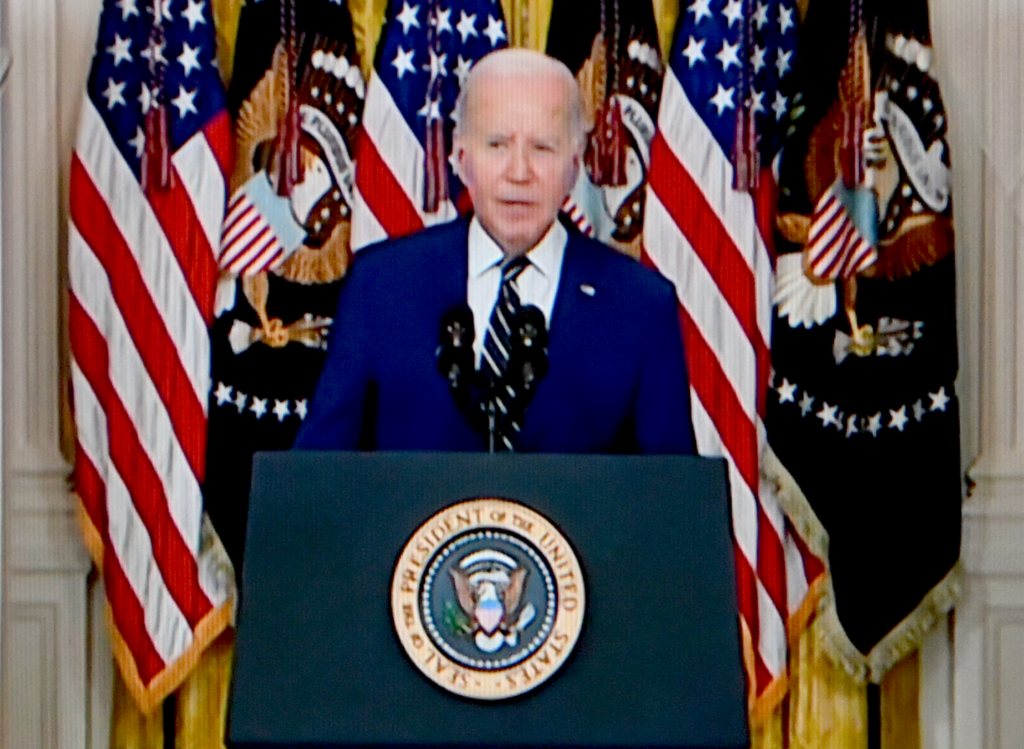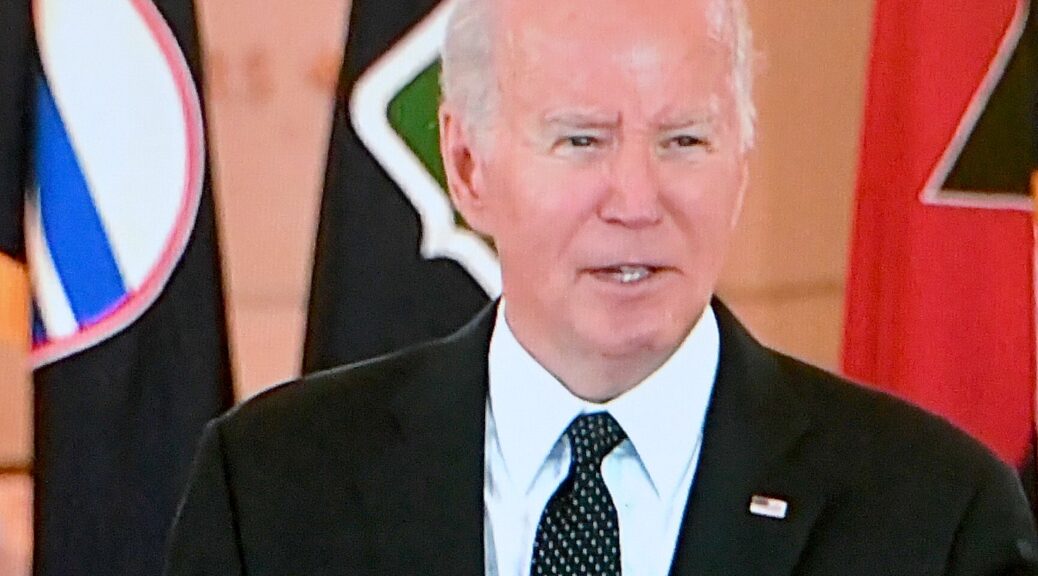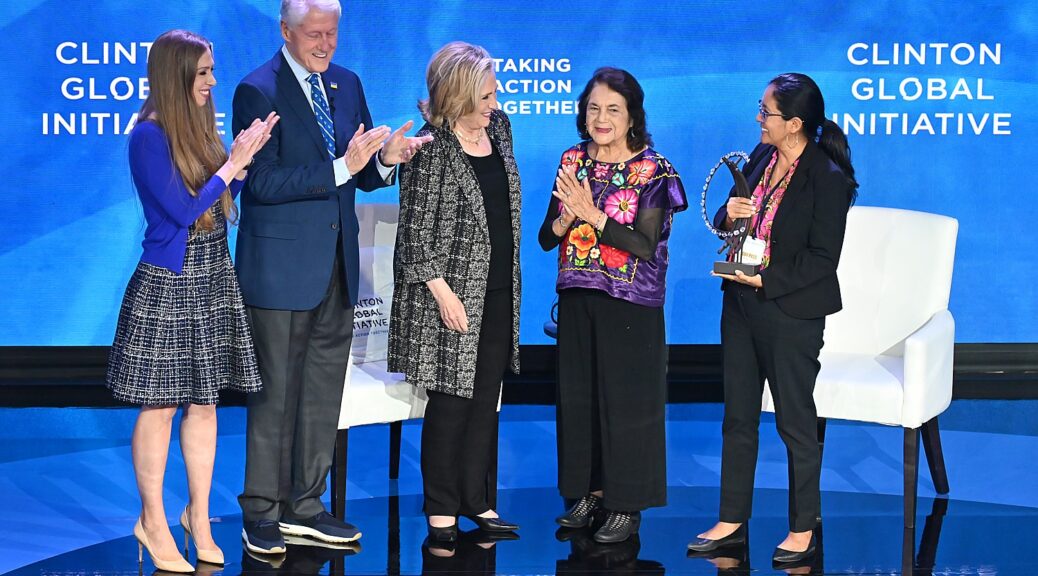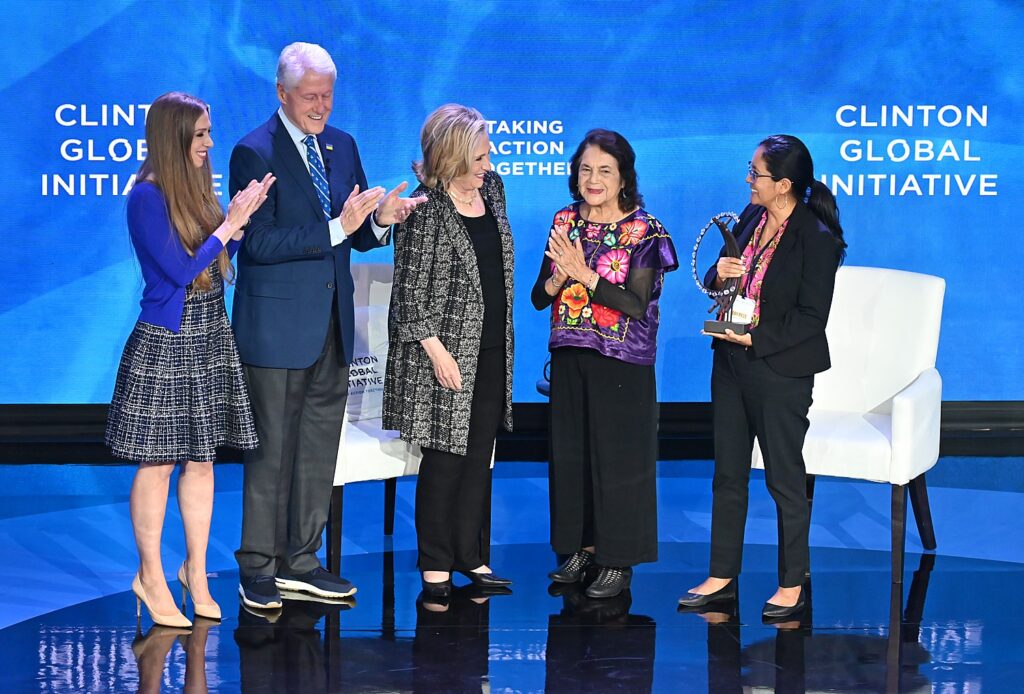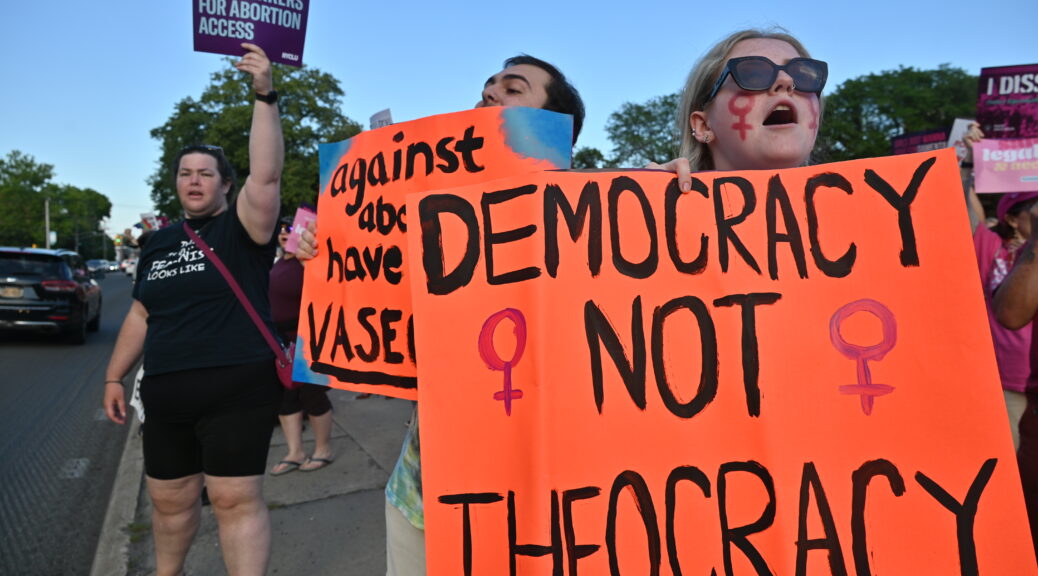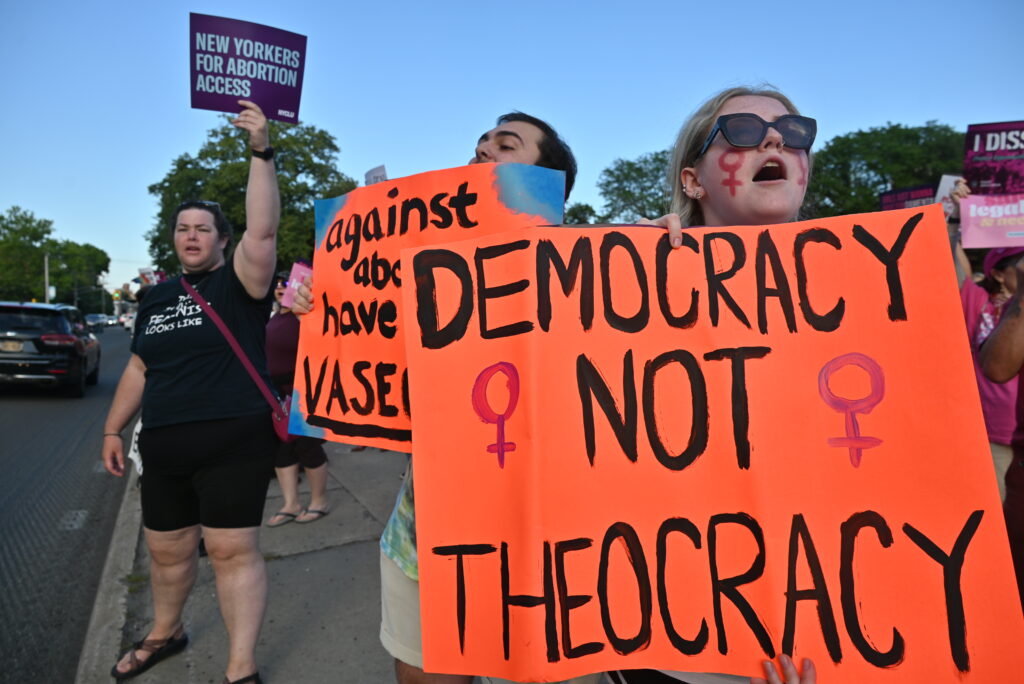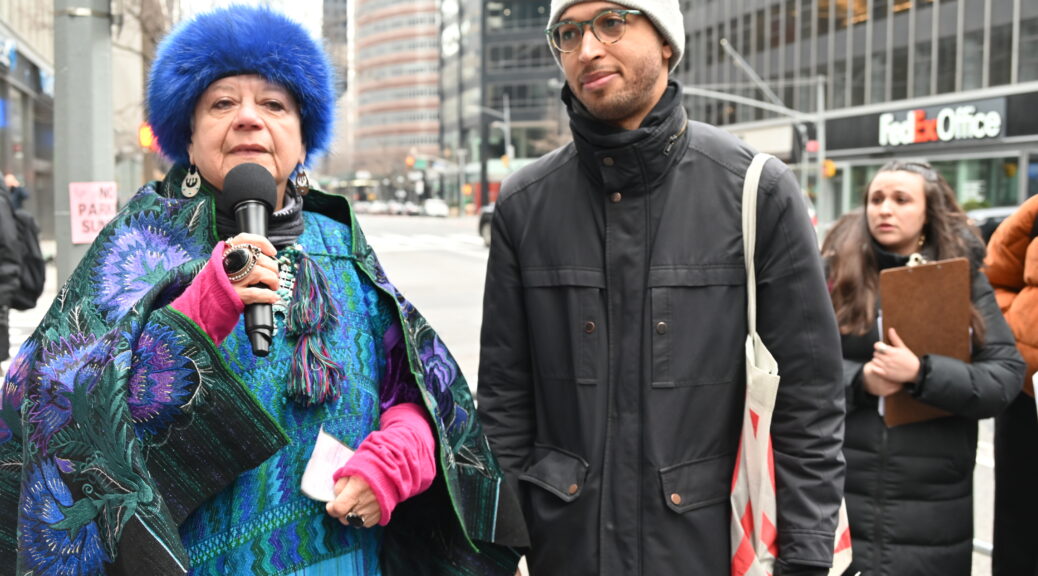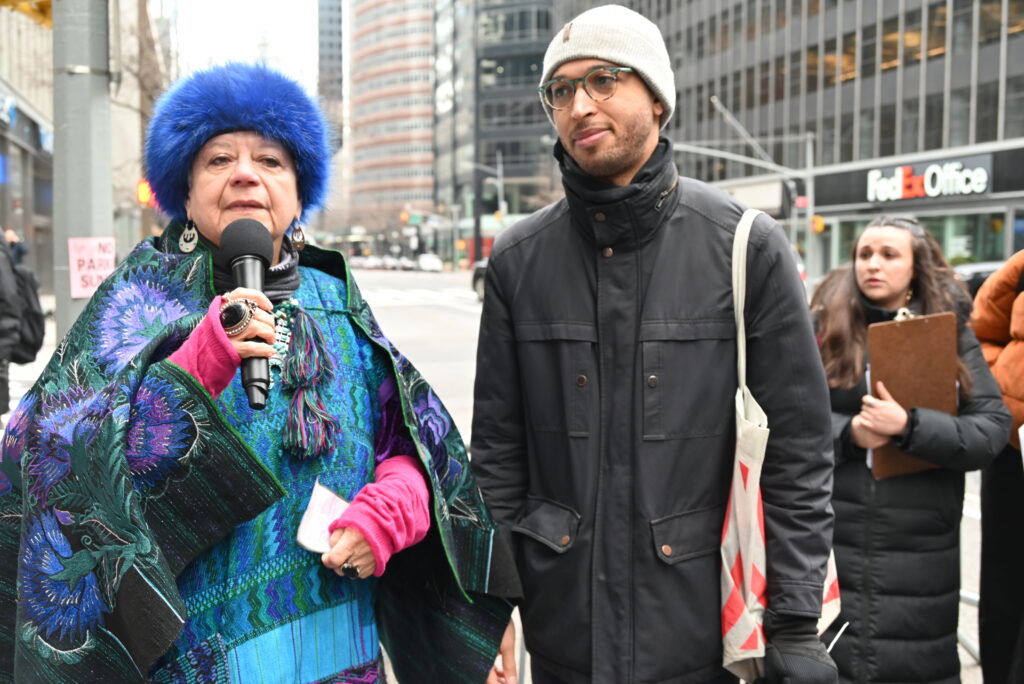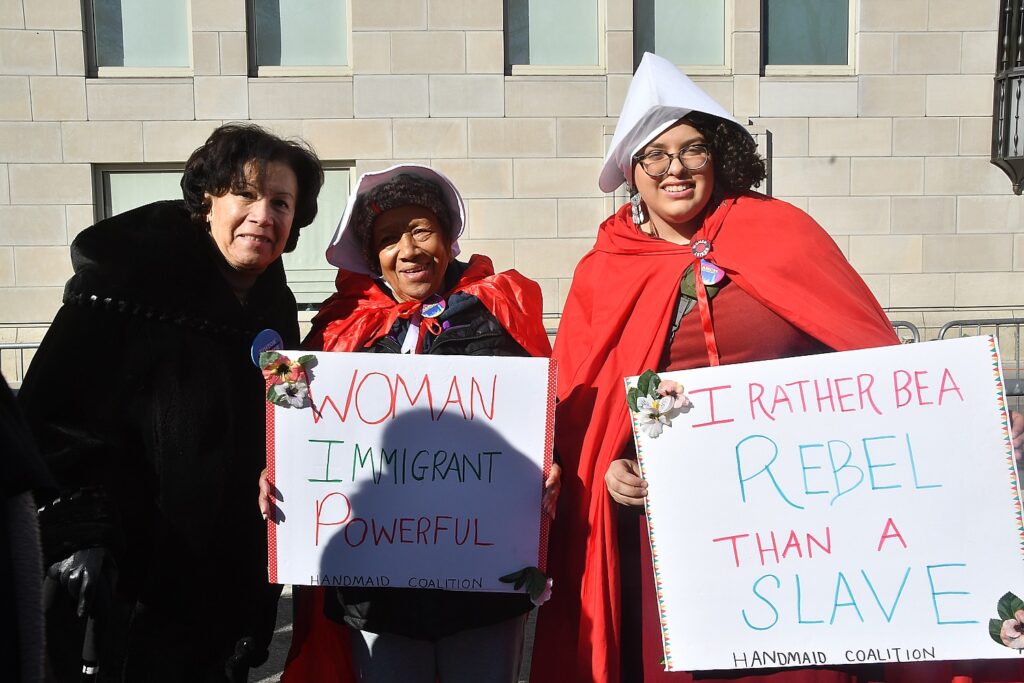
By Karen Rubin, editor@news-photos-features.com, news-photos-features.com
A new report by Gender Equity Policy Institute (GEPI) released a new report, Maternal Mortality in the United States After Abortion Bans, which analyzes trends in maternal mortality, reveals that women living in states with abortion bans are twice as likely to die during pregnancy, childbirth, or shortly after giving birth, compared to those in states where abortion is legal and accessible. Currently, 62.7 million women and girls live in states with abortion bans.
Key Findings:
Mothers living in states that banned abortion are nearly 2x as likely to die during pregnancy, childbirth, or soon after giving birth, compared to mothers living in supportive states where abortion was legal and accessible.
Maternal mortality fell 21% in supportive states post Dobbs
Maternal mortality rose 56% in Texas in the first full year of the state’s abortion ban; up 95% among White women
Black mothers living in banned states were 3.3x as likely to die as White mothers in those states.
Women’s risk of maternal death in Texas was 155% higher than in California
Latina mothers in Texas faced nearly triple the risk of maternal mortality as those in California.
A stark example of the disparity between banned and supportive states is Texas, where mothers face significantly higher risks of maternal mortality compared to those in supportive states. In Texas, mothers are 1.7 times as likely to experience maternal mortality, with Latina and White mothers facing double the risk compared to their counterparts in states that provide abortion access. Additionally, Black women in Texas were 2.5 times as likely as White women in the state to suffer maternal death.
“Abortion bans are putting the lives of women—particularly Black and Latina mothers—at serious risk,” said Dr. Nancy L. Cohen, President of Gender Equity Policy Institute. “This data is a wake-up call: maternal mortality is preventable, yet we are failing to protect those most vulnerable. If we don’t change course, I fear more and more women could die.”
This report is the fourth publication in Gender Equity Policy Institute’s series on Reproductive Health in the United States, and presents GEPI’s analysis of 2019-2023 Centers for Disease Control and Prevention (CDC) data on maternal mortality to compare maternal health outcomes in the banned states, the supportive states, and the U.S. overall.
Read the full report: https://thegepi.org/maternal-mortality-abortion-bans/
Cash Awards, Medals for Motherhood
Meanwhile, Women’s March is sounding the alarm that” the Trump administration is floating a plan to reward women with cash and medals for having more children. Nazi Germany awarded the ‘Motherhood Cross’ to women who birthed for the regime. Mussolini paid women to have six or more kids—while banning abortion and birth control. This was never about supporting parents. It’s about controlling our bodies and turning us into tools of the state. “
Seems ironic since these same WhiteChristoFascists “reformed” welfare to force new mothers to immediately return to the workforce in order to get welfare, without the benefit of available, affordable childcare.
But if you think those two things contradict each other – sitting back as women die while forcing women to give birth – this how it all fits: the birthrate is falling, and despite having an actual worker shortage, they are deporting every immigrant they can get their hands on. So they will need more workers, but they want an overflow of cheap, ignorant labor for the new factories and mines and drilling rigs – people who will be too much under The Man’s thumb to complain about working conditions, just like in that Gilded Age that Trump loves so much.
So they will force women to give birth – even making contraception illegal – without having adequate health care, child care or whatever care, without providing vaccinations. Because at this point, people are mere cogs, expendable. They don’t want the sickly, the disabled, the special needs children or their mothers to survive. If they die – along with the elderly who will die waiting to get their Social Security and Medicare benefits and for lack of vaccinations for diseases that were largely eradicated – that’s okay – less burden on the nation’s tits (treasury); and they don’t vote. It’s survival of the fittest, baby.
See also:
Casualties Mount in Trump’s WhiteChristoFascist MAGA Crusade to Reduce Women to Baby-Making Machines
© 2025 News & Photo Features Syndicate, a division of Workstyles,Inc. All rights reserved. For editorial feature and photo information, go to www.news-photos-features.com,email editor@news-photos-features.com.Blogging at www.dailykos.com/blogs/NewsPhotosFeatures

